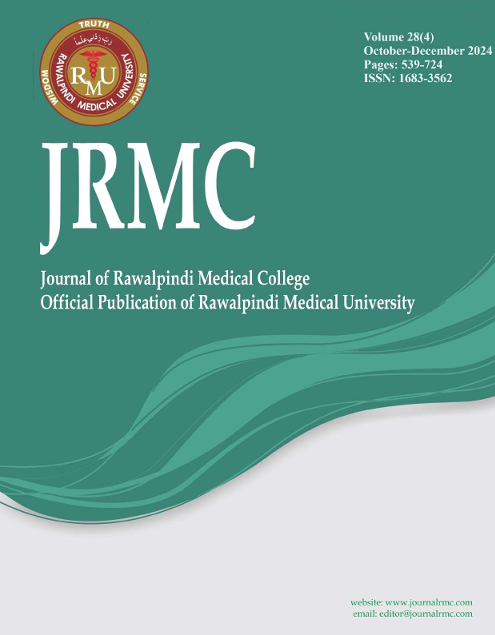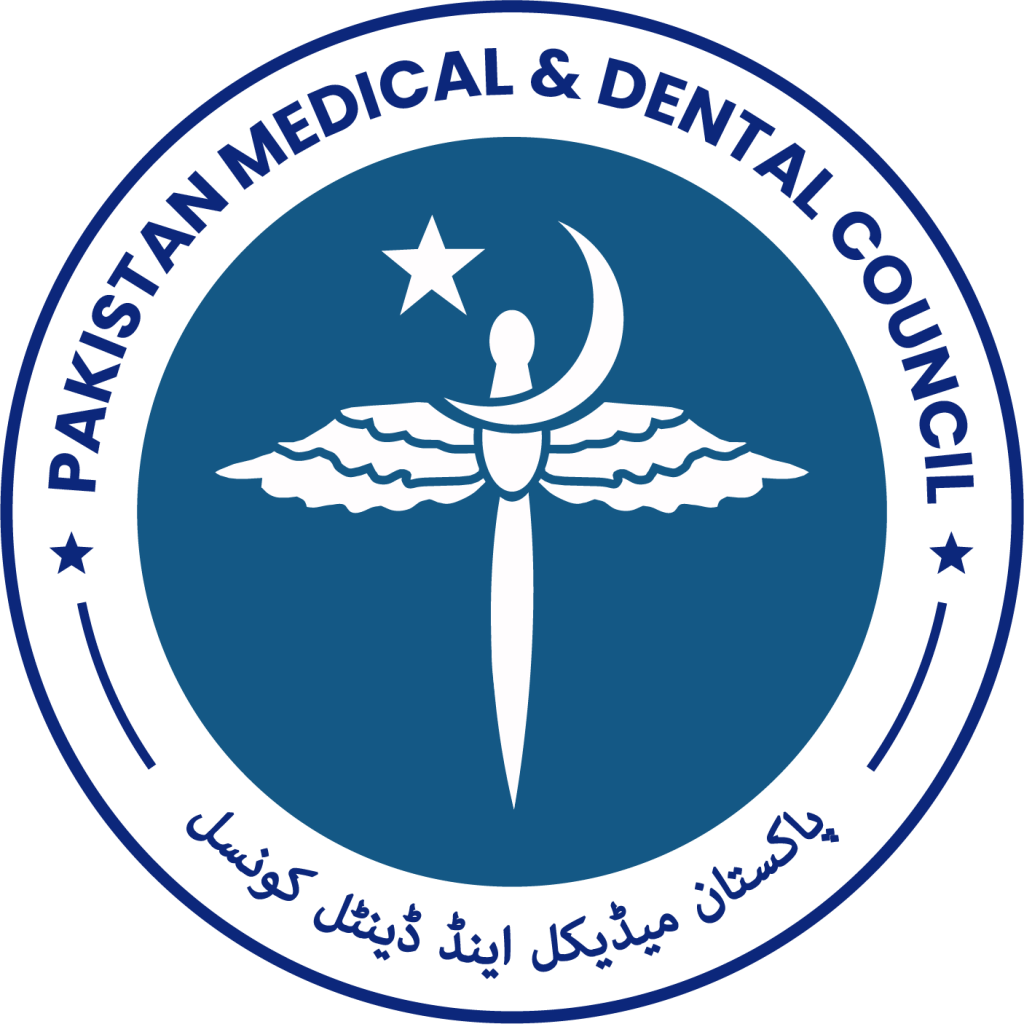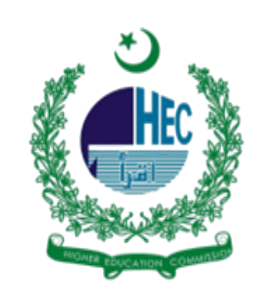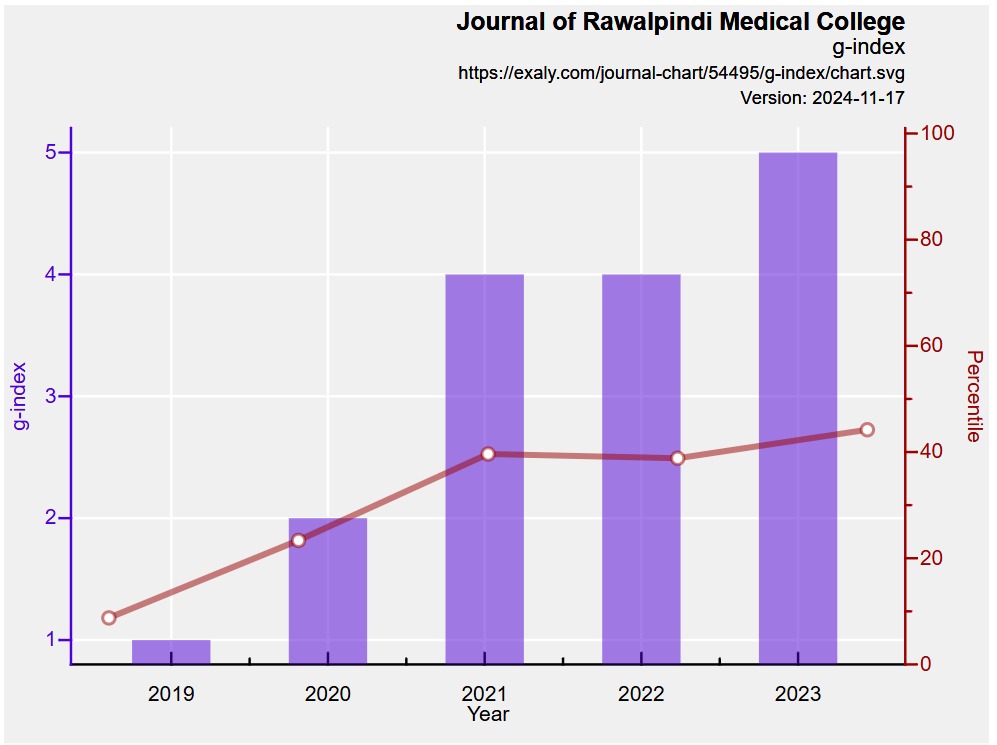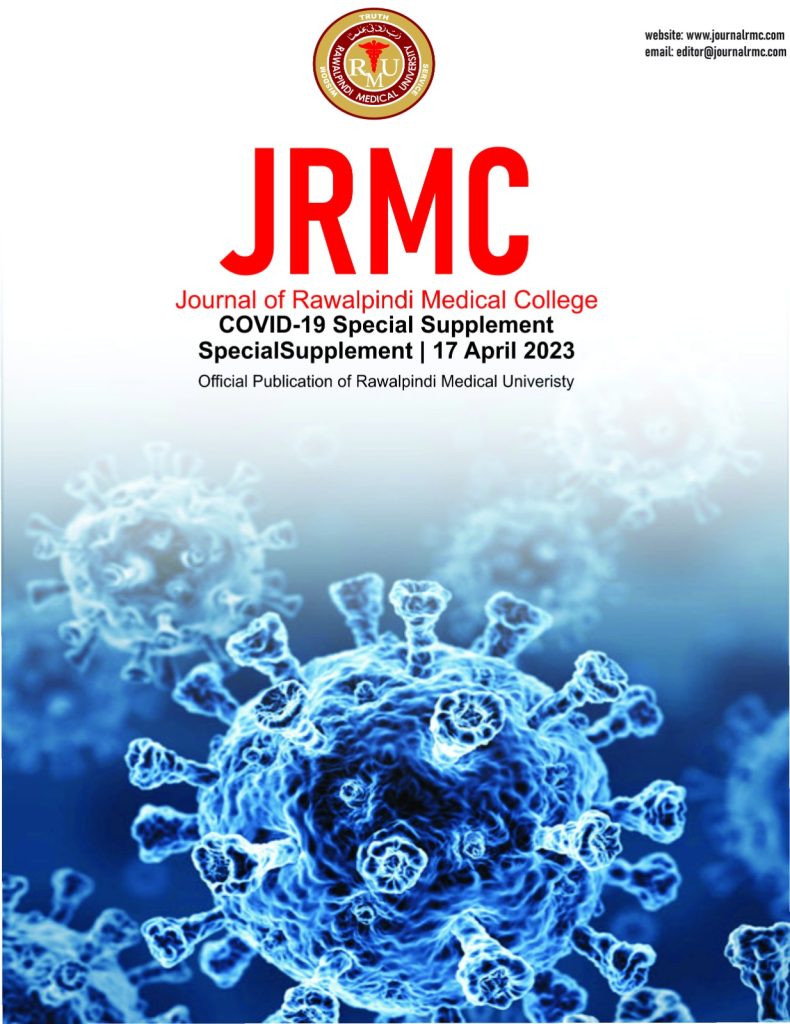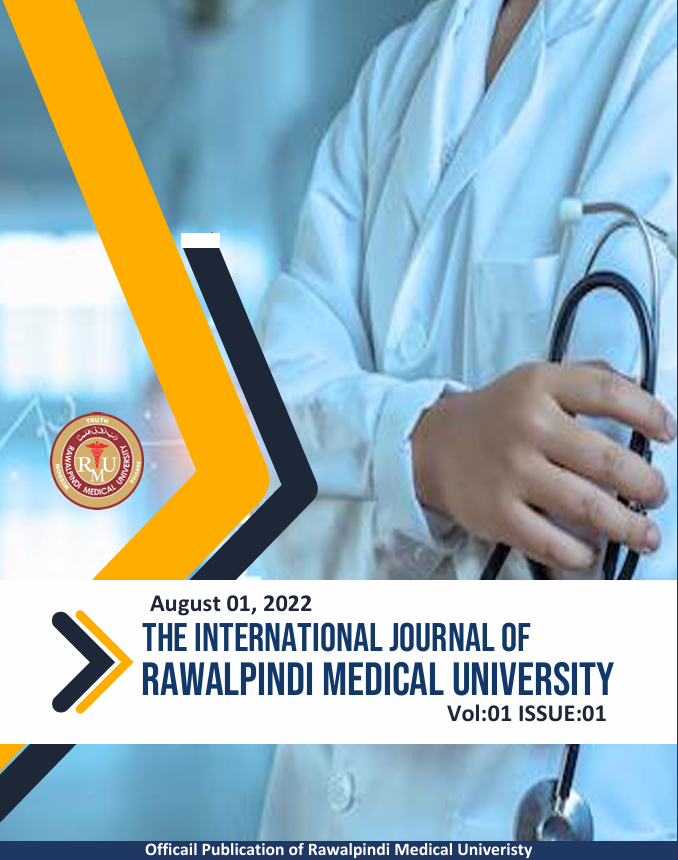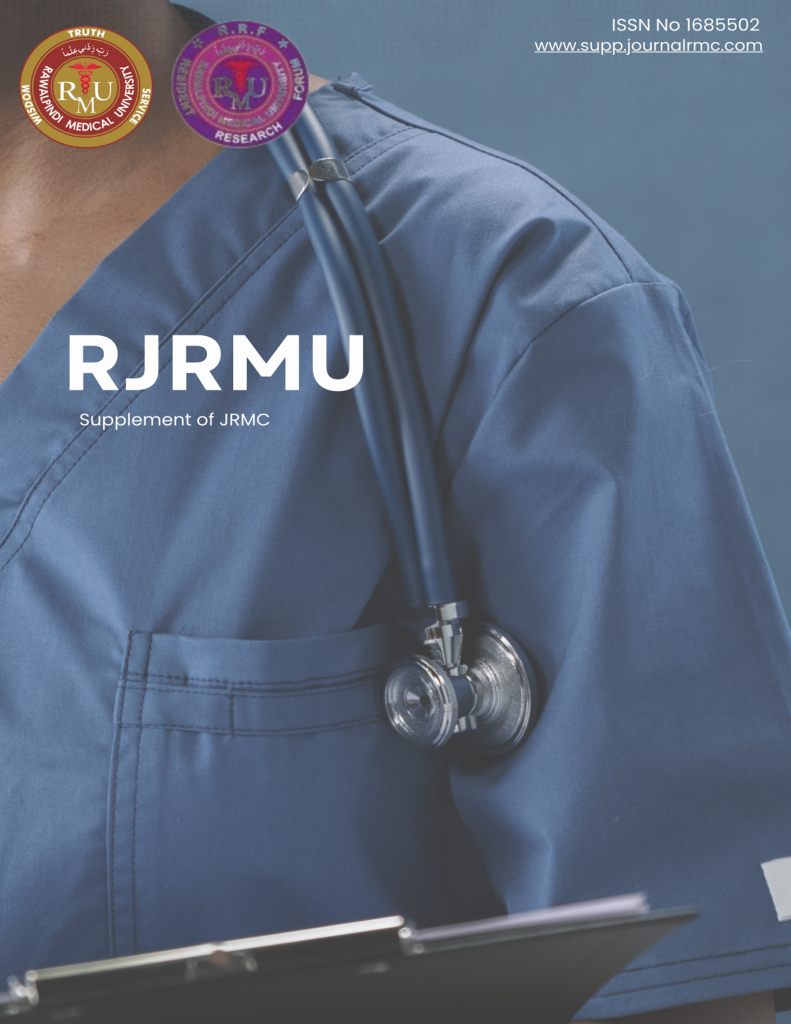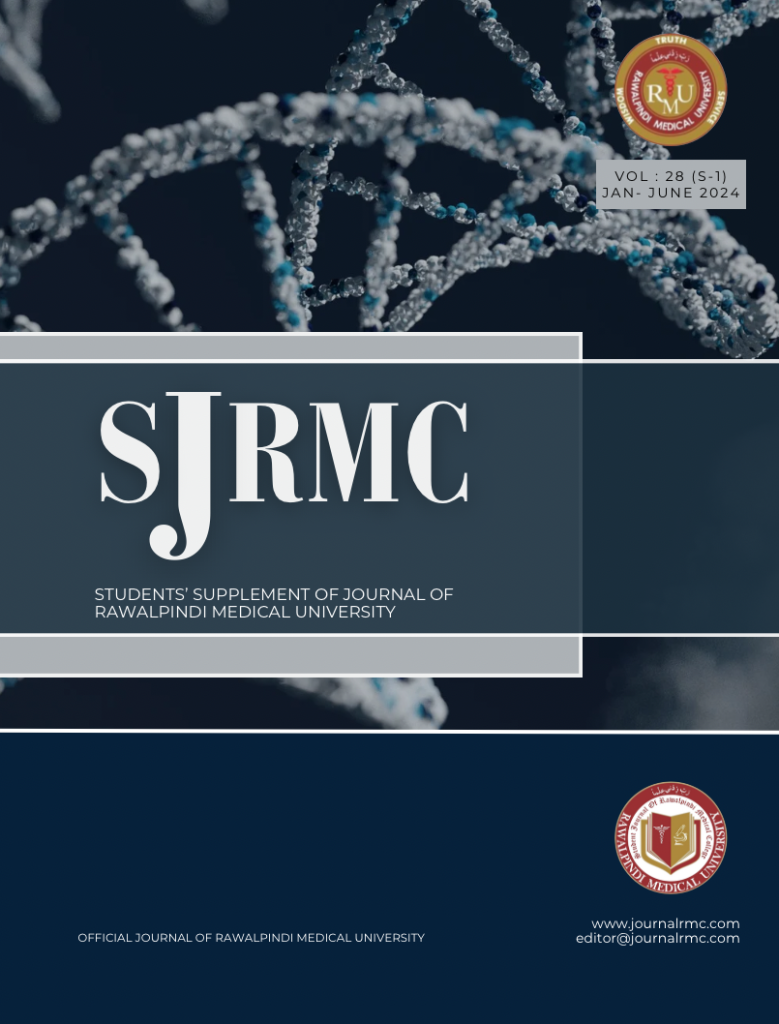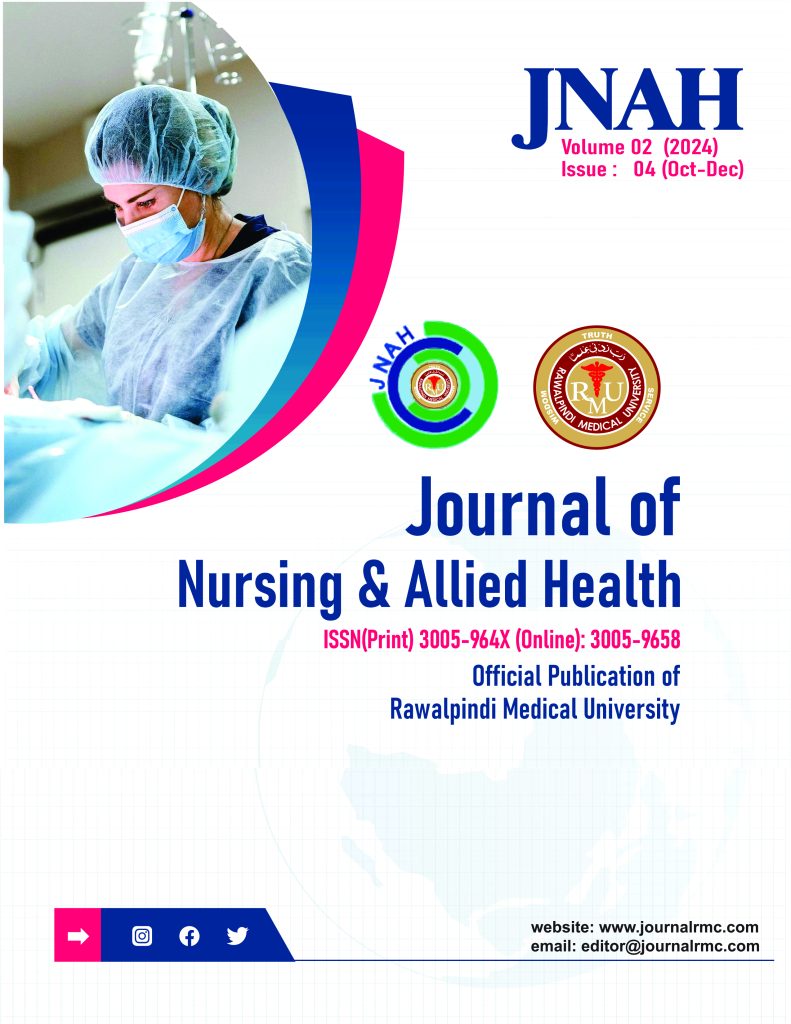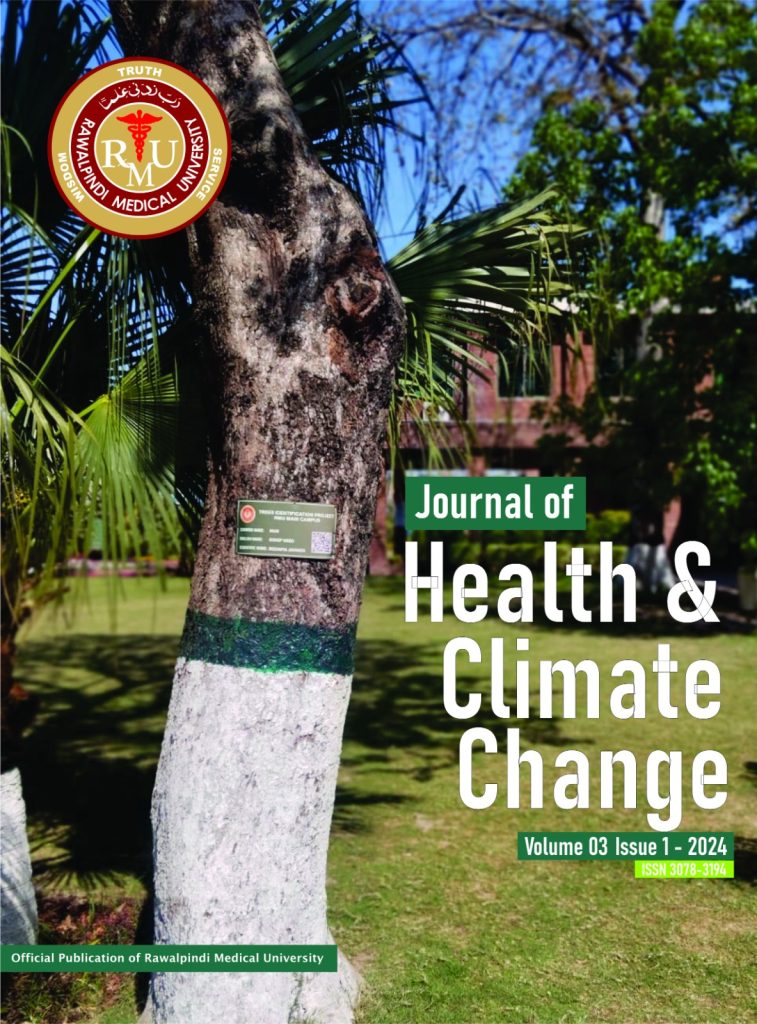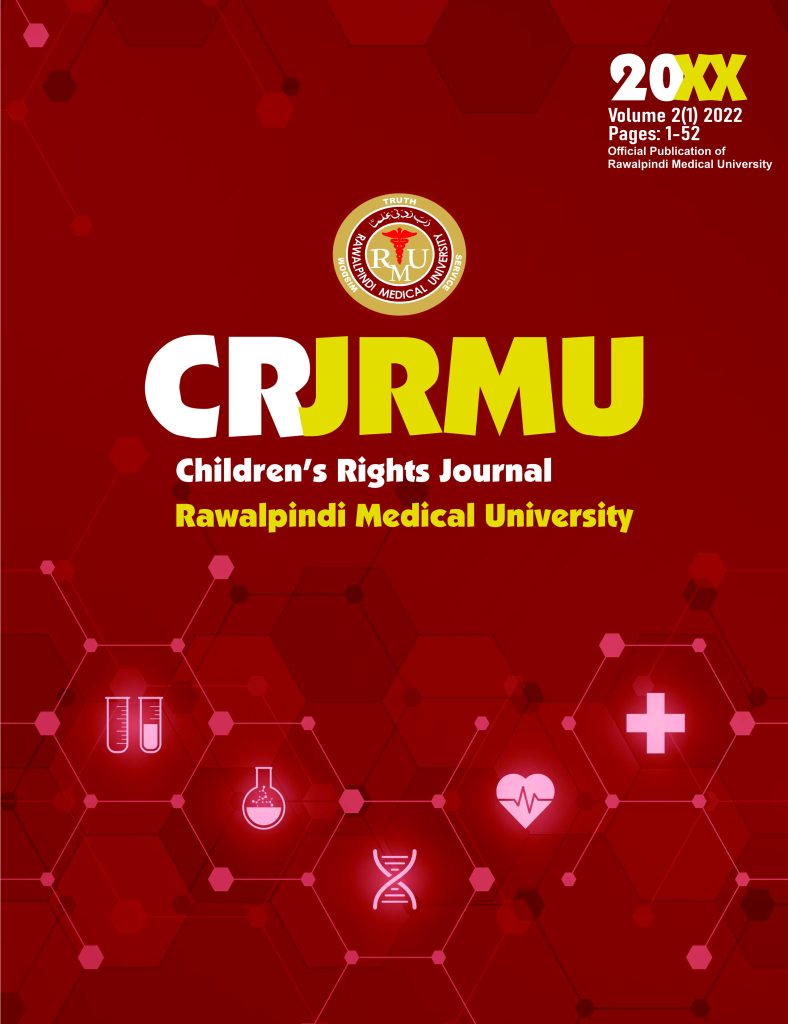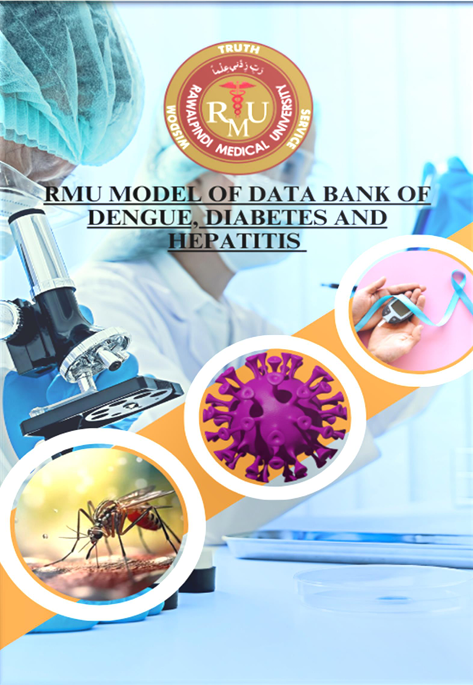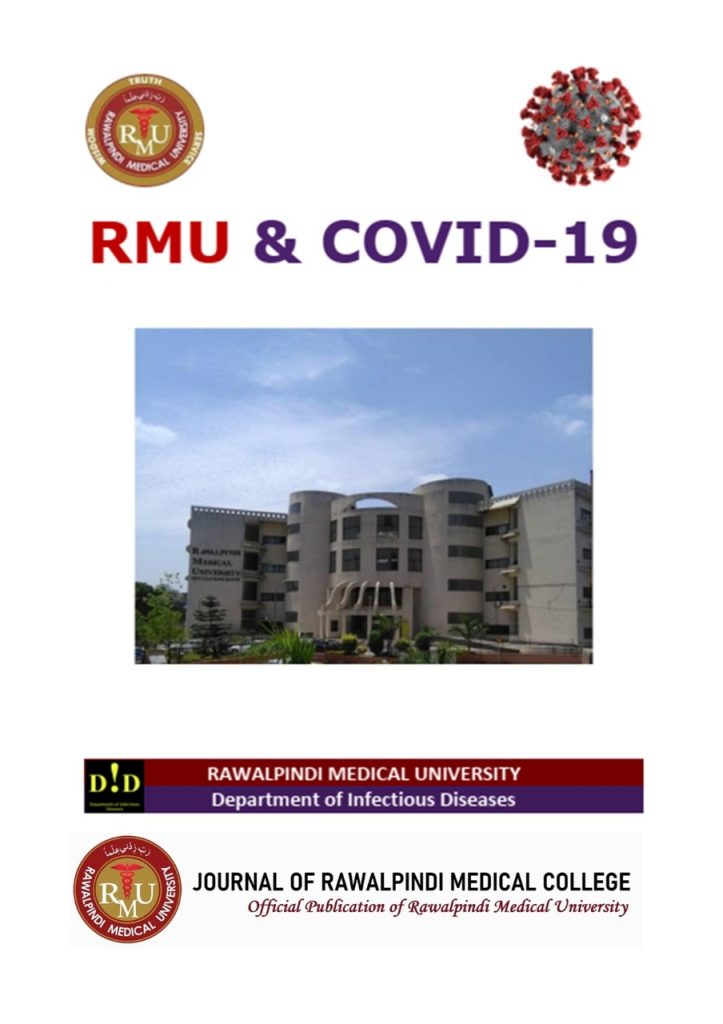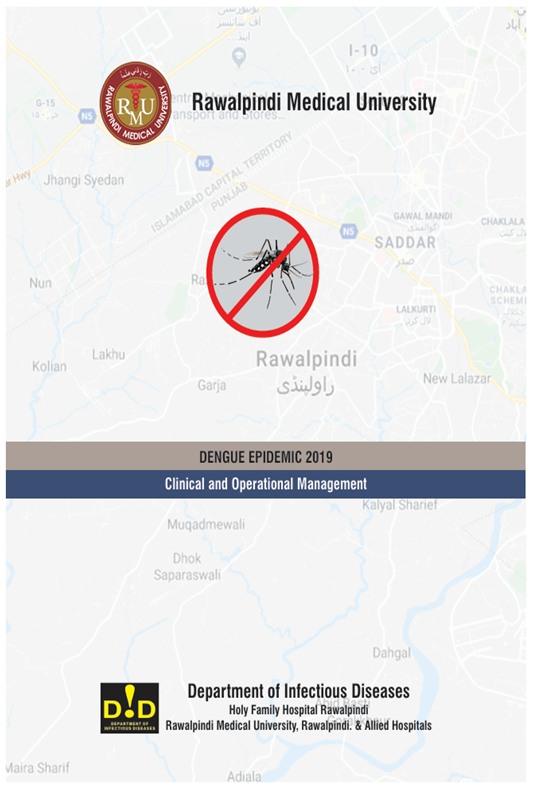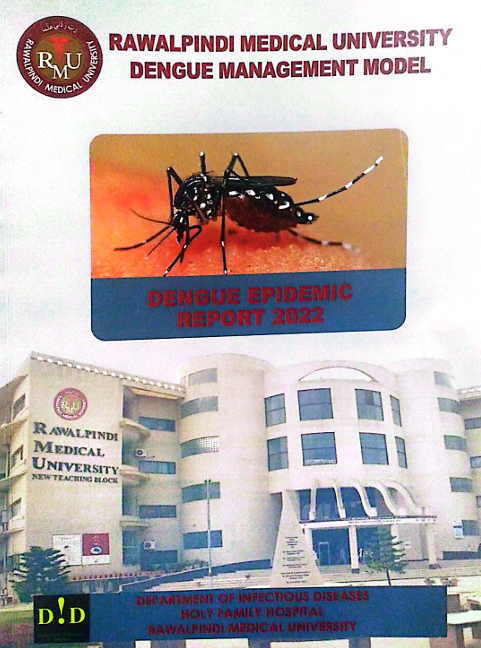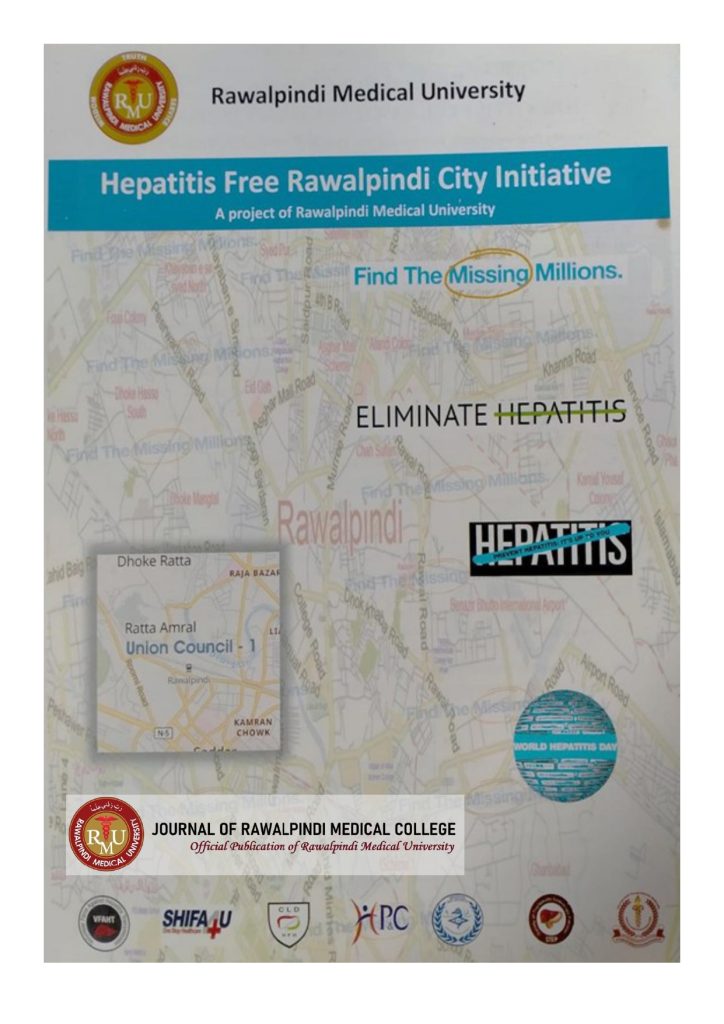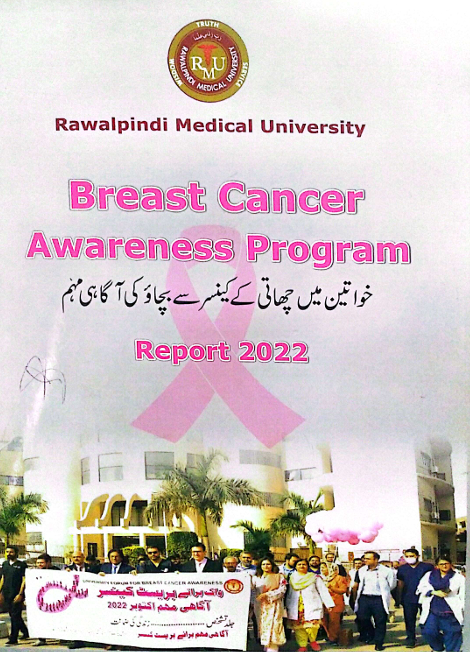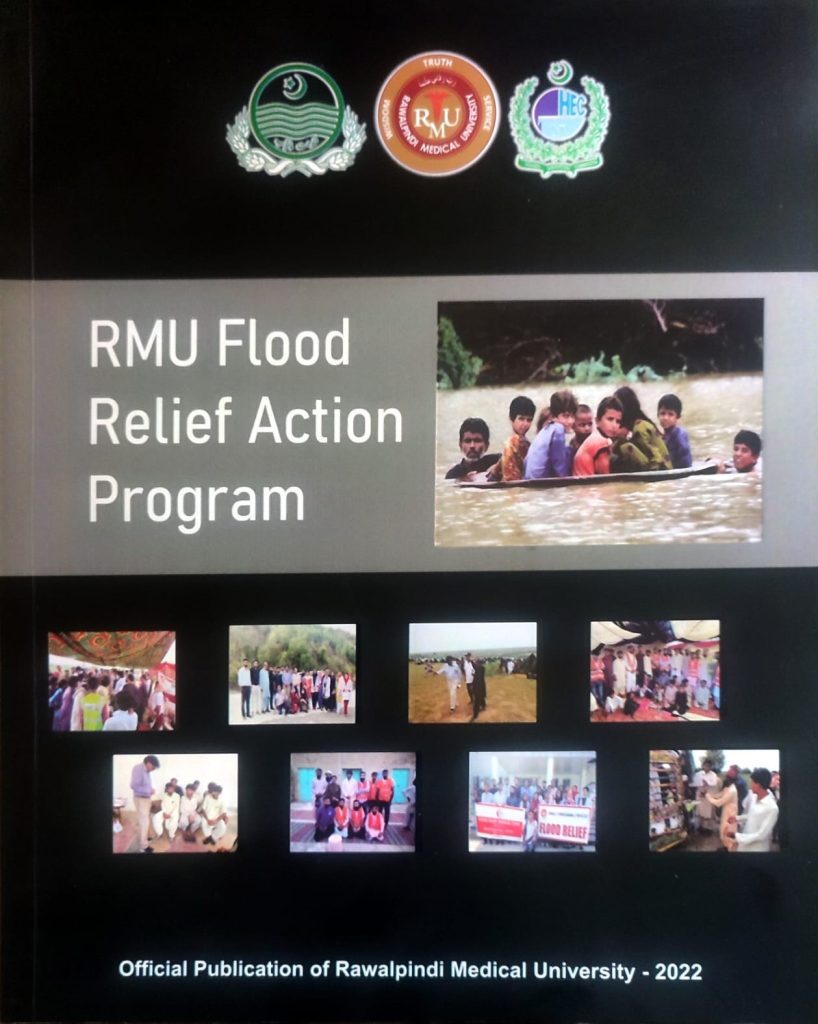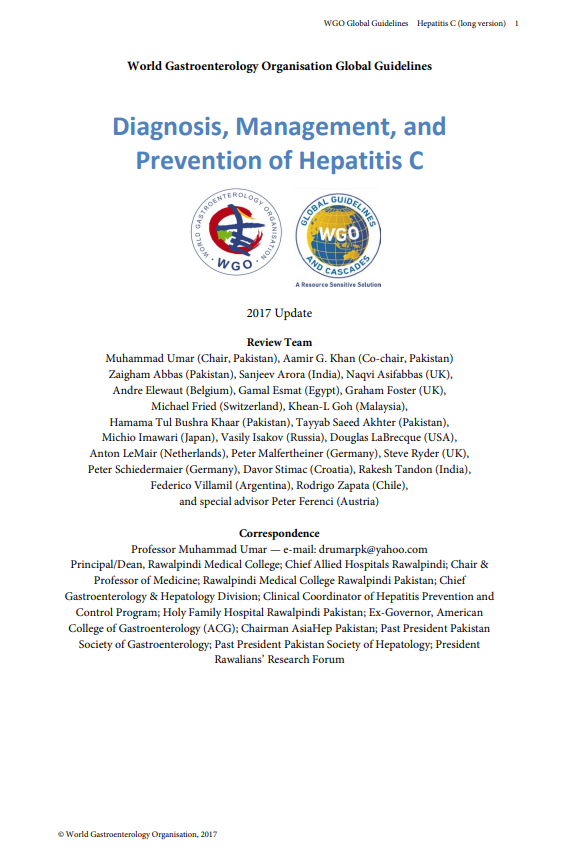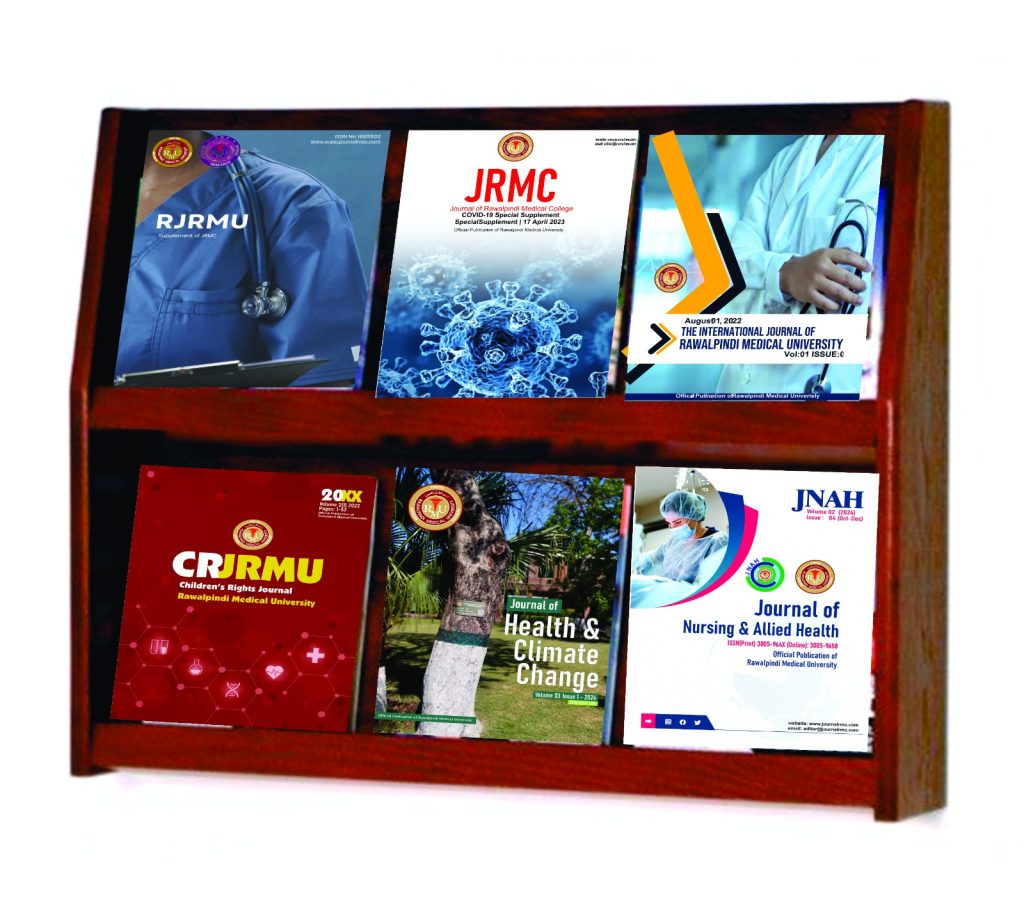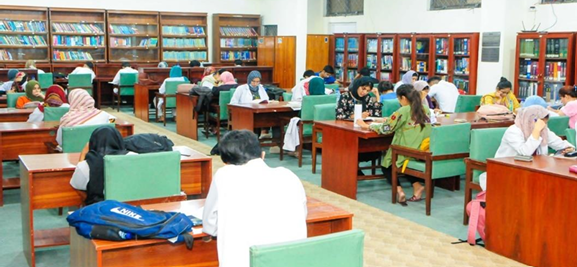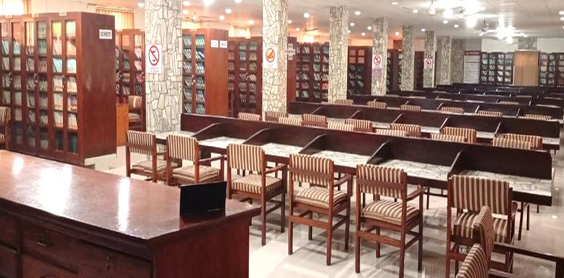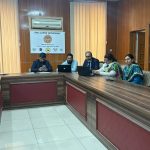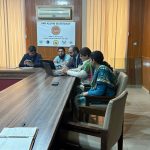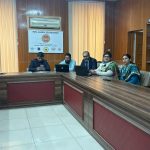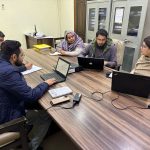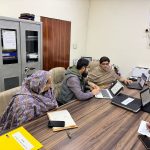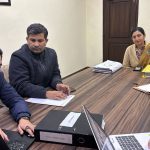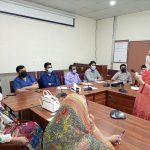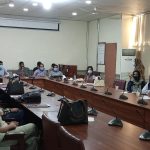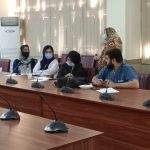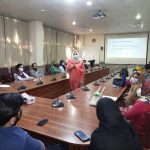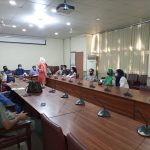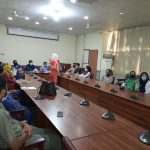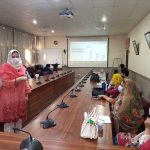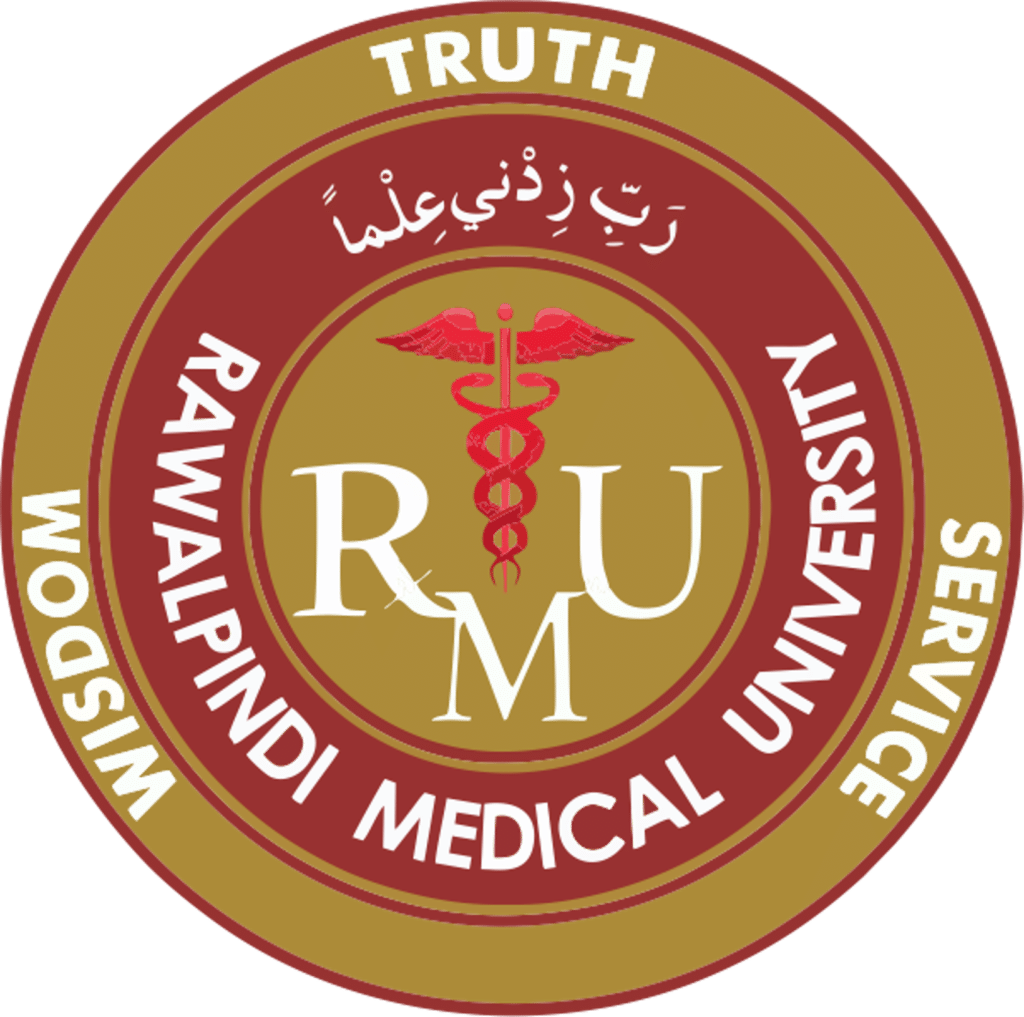
Journal of Rawalpindi Medical College (JRMC)
Official Publication of Rawalpindi Medical University
JRMC Scientometrics
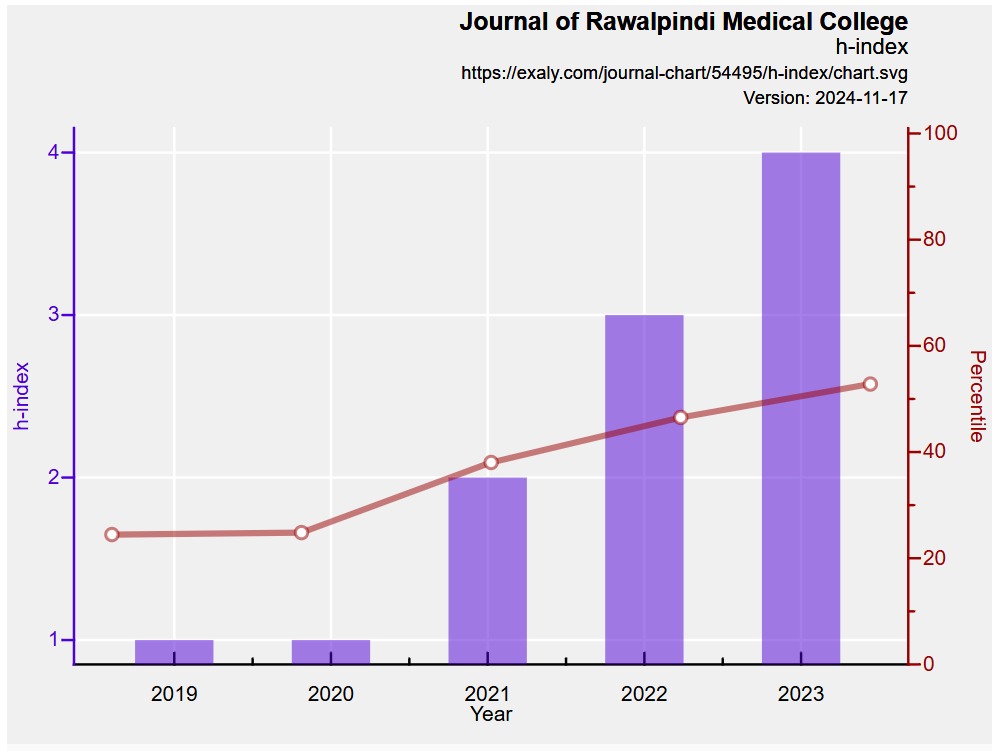
h-Index

Number of Articles
Editorials: 54 Original Articles: 1203 Case Reports: 37 Review Articles: 11 Letter to the Editor: 11 Total: 1324
The Journal of Rawalpindi Medical College openly invites submissions for consideration and peer review.
The editor is assisted by members of the editorial board along with expert referees in the evaluation of submissions, and accepted papers are scheduled for publication at the discretion of the editorial office.
Please refer to our Instructions for authors:
- Examples of the type of material we publish
- Guidance on formatting your paper before you submit work.
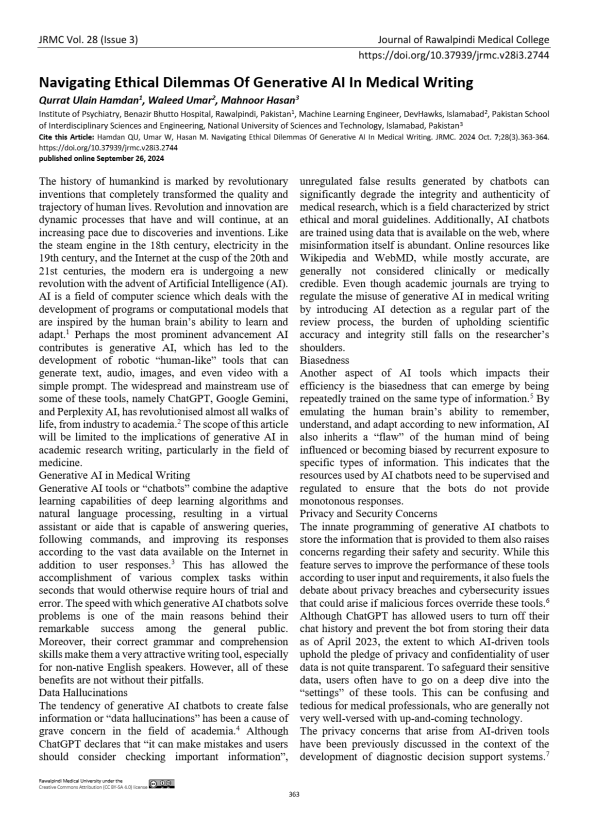
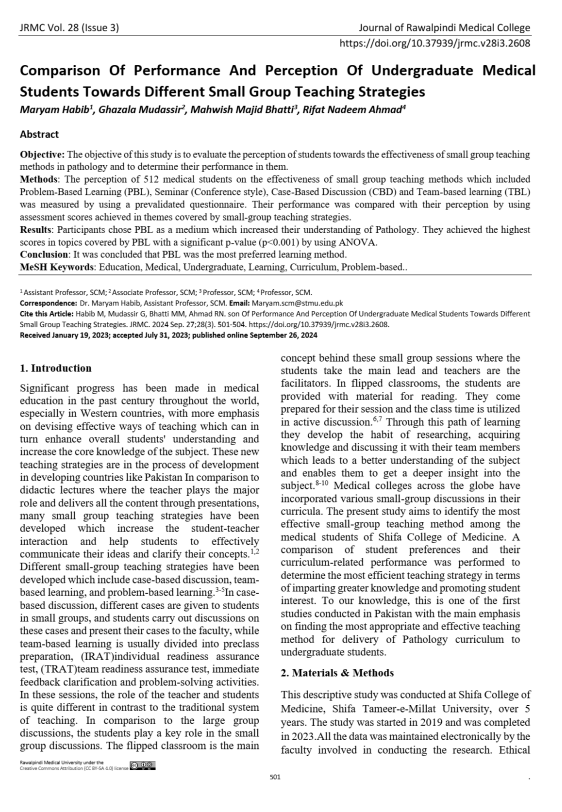
Our Journey
The Journal of Rawalpindi Medical College (JRMC) has been a cornerstone of medical research and education since its inception in 1997.
- Founded by visionary medical educators—Prof. Khalid Randhawa, Prof. Mussadiq Khan, Prof Khalid Hassan, and Prof Masood Qureshi—the journal was established to provide a platform for high-quality medical research and scholarly discourse. In its early years, under the editorship of Prof Khalid Hassan, Prof Imtiaz Ali, and Prof Arif Malik, JRMC was published biannually and achieved recognition by the Pakistan Medical & Dental Council (PM&DC) in 2002.
- The journal continued to evolve, and in 2014, through the dedicated efforts of Prof. Irfan and Dr Nadeem Ikram, it transitioned to a quarterly publication format and later secured recognition from the Higher Education Commission (HEC) of Pakistan.
- Today, under the leadership of Dr M. Khurram and Dr Arsalan Manzoor Mughal, and with the vision of Vice Chancellor Prof M. Umar, JRMC remains committed to maintaining the highest ethical and academic standards in medical publishing. As an open-access, double-blind peer-reviewed journal, JRMC strictly follows the guidelines of the Committee on Publication Ethics (COPE) and the International Committee of Medical Journal Editors (ICMJE).
Our mission is to foster excellence in health sciences by providing a trusted platform for physicians, researchers, and healthcare professionals to share knowledge that advances medical education, improves research standards, and contributes to better health outcomes worldwide. Over the years, JRMC has gained recognition from esteemed indexing bodies, including the Directory of Open Access Journals (DOAJ), Crossref, Index Medicus for the Eastern Mediterranean Region (IMEMR), Portico, JISC, PMDC, and HEC (Category Y). Our journal continues to expand its reach and impact, publishing original research, review articles, and case reports in the fields of Medicine, Dentistry, and Allied Health Sciences. As the official publication of Rawalpindi Medical University (RMU), JRMC remains steadfast in its commitment to academic integrity, research excellence, and the dissemination of medical knowledge. Our archives are available both online at journalrmc.com and in print at the JRMC Office, Rawalpindi Medical University, Tipu Road, Rawalpindi. To publish your research in our journal please read the author guidelines.
Editorial Board
Editor in Chief
Prof. Dr. Muhammad Umar (SI,HI)
Patron in Cheif
Vice Chancellor
Rawalpindi Medical University
Patron in Cheif
Vice Chancellor
Rawalpindi Medical University
Executive Editor
Prof. Dr. Muhammad Khurram
Editor
Professor of Medicine
Rawalpindi Medical University
Editor
Professor of Medicine
Rawalpindi Medical University
Managing Editors
Dr. Arsalan Manzoor Mughal
Associate Editor
Associate Professor of Anatomy,
Rawalpindi Medical University
Associate Editor
Associate Professor of Anatomy,
Rawalpindi Medical University
Dr. Farrah Pervaiz
Assistant Editor
Associate Professor of Community Medicine & Additional Director R&D
Rawalpindi Medical University
Assistant Editor
Associate Professor of Community Medicine & Additional Director R&D
Rawalpindi Medical University
Dr. Khaula Noreen
Assistant Editor
Associate Professor of Community Medicine,
Rawalpindi Medical University
Assistant Editor
Associate Professor of Community Medicine,
Rawalpindi Medical University
Dr. Rizwana Shahid
Assistant Editor
Associate Professor of Community Medicine,
Rawalpindi Medical University
Assistant Editor
Associate Professor of Community Medicine,
Rawalpindi Medical University
Editorial Board Members
Dr. Naeem Akhtar
Editorial Board Member
Professor of Pathology,
Rawalpindi Medical University
Editorial Board Member
Professor of Pathology,
Rawalpindi Medical University
Dr. Riaz Ahmed
Editorial Board Member
Dean of Orthopaedics, Neurosurgery & Trauma,
Rawalpindi Medical University
Editorial Board Member
Dean of Orthopaedics, Neurosurgery & Trauma,
Rawalpindi Medical University
Dr. Jehangir Sarwar Khan
Editorial Board Member
Professor of Surgery & Principal ,
Rawalpindi Medical University
Editorial Board Member
Professor of Surgery & Principal ,
Rawalpindi Medical University
Dr. Asad Tameezuddin
Editorial Board Member
Professor of Psychiatry,
Rawalpindi Medical University
Editorial Board Member
Professor of Psychiatry,
Rawalpindi Medical University
Dr.Ayesha Yousaf
Editorial Board Member
Professor of Anatomy,
Rawalpindi Medical University
Editorial Board Member
Professor of Anatomy,
Rawalpindi Medical University
Dr. Ifra Saeed
Editorial Board Member
Professor of Anatomy,
Rawalpindi Medical University
Editorial Board Member
Professor of Anatomy,
Rawalpindi Medical University
Section Editors
Dr. Saima Ambreen
Section Editor
Associate Professor of Medicine,
Rawalpindi Medical University
Section Editor
Associate Professor of Medicine,
Rawalpindi Medical University
Dr. Obaid Ur Rehman
Section Editor
Associate Professor of Orthopaedics,
Rawalpindi Medical University
Section Editor
Associate Professor of Orthopaedics,
Rawalpindi Medical University
Dr. Attiya Munir
Section Editor
Assistant Professor of Pharmacology,
Rawalpindi Medical University
Section Editor
Assistant Professor of Pharmacology,
Rawalpindi Medical University
Dr. Sadia Chaudhry
Section Editor
Professor of ENT,
Rawalpindi Medical University
Section Editor
Professor of ENT,
Rawalpindi Medical University
Dr. Humera Noreen
Section Editor
Professor of Gynae/Obs,
Rawalpindi Medical University
Section Editor
Professor of Gynae/Obs,
Rawalpindi Medical University
Dr. Usman Qureshi
Section Editor
Associate Professor of Surgery,
Rawalpindi Medical University
Section Editor
Associate Professor of Surgery,
Rawalpindi Medical University
Dr. Sidra Hamid
Section Editor
Assistant Professor of Physiology,
Rawalpindi Medical University
Section Editor
Assistant Professor of Physiology,
Rawalpindi Medical University
Managers
Dr. Javeria Tariq
Manager
Rawalpindi Medical University
Manager
Rawalpindi Medical University
Mr. M Raza Kazmi
Manager
Rawalpindi Medical University
Manager
Rawalpindi Medical University
IT Support
Miss Afza Kazmi
Manager IT
Rawalpindi Medical University
Manager IT
Rawalpindi Medical University
Mr. Muhammad Shahzad Shameer
Software Engineer
Rawalpindi Medical University
Software Engineer
Rawalpindi Medical University
Bibliographer
Mr. Amir Shahzad
Librarian
Rawalpindi Medical University
Librarian
Rawalpindi Medical University
Mr. Muhammad Amir
Data Analyst
Rawalpindi Medical University
Data Analyst
Rawalpindi Medical University
International Editorial Board
North America
Dr. David L Carr Locke
Advisory Board Member
Assistant Professor of Medicine,
Weil Cornell University, New York, USA
Advisory Board Member
Assistant Professor of Medicine,
Weil Cornell University, New York, USA
Dr. Noreen Meharbano Aziz
Advisory Board Member
USA
Advisory Board Member
USA
Dr. Faiz Anwer
Advisory Board Member
Staff Physician, Associate Professor,
Cleveland Clinic, Ohio, USA
Advisory Board Member
Staff Physician, Associate Professor,
Cleveland Clinic, Ohio, USA
Dr. Muhammad Bilal
Advisory Board Member
Associate Professor of Medicine,
University of Colorado, USA
Advisory Board Member
Associate Professor of Medicine,
University of Colorado, USA
Dr. Sohail Akram
Advisory Board Member
Professor of Medicine,
University of Louisville Kentucky USA
Advisory Board Member
Professor of Medicine,
University of Louisville Kentucky USA
Dr. Imran Mirza
Advisory Board Member
Adjunct Professor, Faculty of Medicine & Dentistry,
University of Alberta, Edmonton, AB, Canada
Advisory Board Member
Adjunct Professor, Faculty of Medicine & Dentistry,
University of Alberta, Edmonton, AB, Canada
Dr. Babar Rao
Advisory Board Member
Professor of Dermatology & Pathology,
Director, Rutgers Center for Dermatology
New York, USA
Advisory Board Member
Professor of Dermatology & Pathology,
Director, Rutgers Center for Dermatology
New York, USA
Shifa Umar, MD
Advisory Board Member
Assistant Professor
Betsi Baylor College of Medicine, Houston , TX
Advisory Board Member
Assistant Professor
Betsi Baylor College of Medicine, Houston , TX
Dr. Bushra Anwar
Advisory Board Member
Director
BMY Health, Canada
Advisory Board Member
Director
BMY Health, Canada
Dr. Sohail Aman
Advisory Board Member
Assistant Professor,
Mobile Infirmary Medical Center, USA
Advisory Board Member
Assistant Professor,
Mobile Infirmary Medical Center, USA
Dr. Muhammad Fateh Shahzad
Advisory Board Member
Chairman, Department of Medicine
Betsi Tallaght Haggin Memorial Hospital, Kentucky
Advisory Board Member
Chairman, Department of Medicine
Betsi Tallaght Haggin Memorial Hospital, Kentucky
Dr. Asif Mohiuddin
Advisory Board Member
MD
Florida, USA
Advisory Board Member
MD
Florida, USA
Europe
Dr. Atif Rahman
Advisory Board Member
Professor of Child Psychiatry,
University of Liverpool, Liverpool, UK
Advisory Board Member
Professor of Child Psychiatry,
University of Liverpool, Liverpool, UK
Prof Muhammad Tariq
Advisory Board Member
Associate Professor and consultant Paediatrician,
Midland Regional Hospital And University College Dublin Ireland
Advisory Board Member
Associate Professor and consultant Paediatrician,
Midland Regional Hospital And University College Dublin Ireland
Dr. Saadat Ahsan
Advisory Board Member
GP Partner,
Southgates Medical Centre, Kings' Lynn, Norfolk, UK
Advisory Board Member
GP Partner,
Southgates Medical Centre, Kings' Lynn, Norfolk, UK
Chaudhary Shahzeb Shahid
Advisory Board Member
Registrar Psychiatry
Betsi Tallaght University Hospital, Dublin, Ireland
Advisory Board Member
Registrar Psychiatry
Betsi Tallaght University Hospital, Dublin, Ireland
Dr. Shahid Latif
Advisory Board Member
Consultant Psychiatrist
Betsi Cadwallader Medical Director at St. Matthews Healthcare, UK
Advisory Board Member
Consultant Psychiatrist
Betsi Cadwallader Medical Director at St. Matthews Healthcare, UK
Dr. Muhammad Iftikhar Hanif
Advisory Board Member
Professor of Orthopaedics
University of Greater Manchester Uk
Advisory Board Member
Professor of Orthopaedics
University of Greater Manchester Uk
Dr Asif
Advisory Board Member
Lincolnshire, UK
Advisory Board Member
Lincolnshire, UK
Dr Saqib Ahmad
Advisory Board Member
Sherwood Forest, NHS, UK
Advisory Board Member
Sherwood Forest, NHS, UK
Dr Qasim Aziz
Advisory Board Member
Queen Mary College, London, Uk
Advisory Board Member
Queen Mary College, London, Uk
Dr. Ayaz Abbasi
Advisory Board Member
University of Greater Manchester Uk
Advisory Board Member
University of Greater Manchester Uk
Asia
Dr. Alam Sher Malik
Advisory Board Member
Professor International Medical School
Management and Science University, Malaysia
Advisory Board Member
Professor International Medical School
Management and Science University, Malaysia
Dr. Bilal Haider Shamsi
Advisory Board Member
Assoc. Professor,
Postgraduate Supervisor Northwest University China
Advisory Board Member
Assoc. Professor,
Postgraduate Supervisor Northwest University China
Dr. Muhammad Iftikhar Hanif
Advisory Board Member
Professor of Orthopaedics,
Newcastle University Medicine, Malaysia
Advisory Board Member
Professor of Orthopaedics,
Newcastle University Medicine, Malaysia
Africa
Dr Khalid M Mirza
Advisory Board Member
Director & Head Acute Care Surgery,
Netcare Garden City Hospital, Mayfair, Johannesburg, South Africa
Advisory Board Member
Director & Head Acute Care Surgery,
Netcare Garden City Hospital, Mayfair, Johannesburg, South Africa
Dr Abdul Ghaffar
Advisory Board Member
Regional Director EMRO WHO,
Cario Egypt
Advisory Board Member
Regional Director EMRO WHO,
Cario Egypt
Australia
Dr Mahmood Alam
Advisory Board Member
Director Clinical Trials Unit,
Cancer Care Macarthur, Australia
Advisory Board Member
Director Clinical Trials Unit,
Cancer Care Macarthur, Australia
Dr. Bashir Gondal
Advisory Board Member
Consultant Emergency Physician,
Monash Health/Monash University
Advisory Board Member
Consultant Emergency Physician,
Monash Health/Monash University
Dr Muhammad Shahbaz Chaudhry
Advisory Board Member
Principal Medical Director,
ProHealth Family Medical Centres, Melbourne, Victoria, Australia
Advisory Board Member
Principal Medical Director,
ProHealth Family Medical Centres, Melbourne, Victoria, Australia
Dr Asrar Khan
Advisory Board Member
Consultant Nephrologist & Senior Clinical Lecturer School of Medicinet,
University of Wollongong , Australia
Advisory Board Member
Consultant Nephrologist & Senior Clinical Lecturer School of Medicinet,
University of Wollongong , Australia
National Editorial Board
Islamabad Capital Territory
Dr. Muhammad Aslam
Advisory Board Member
Pro-Vice Chancellor,
National University of Medical Sciences (NUMS), Pakistan
Advisory Board Member
Pro-Vice Chancellor,
National University of Medical Sciences (NUMS), Pakistan
Dr.Asma Irfan
Advisory Board Member
Head of the Department of Physiology,
Islamabad Medical & Dental College, Pakistan
Advisory Board Member
Head of the Department of Physiology,
Islamabad Medical & Dental College, Pakistan
Prof Tariq Iqbal
Advisory Board Member
Professor & Chair Plastic, Burns Reconstructive Surgery,
Director/ Head of Burns Care Centre PIMS Islamabad
Advisory Board Member
Professor & Chair Plastic, Burns Reconstructive Surgery,
Director/ Head of Burns Care Centre PIMS Islamabad
Prof Dr Umar Ali Khan
Advisory Board Member
Prof of Physiology ,
Pro Vice Chancellor, Isra University, Islamabad
Advisory Board Member
Prof of Physiology ,
Pro Vice Chancellor, Isra University, Islamabad
Dr. Tanwir Khaliq
Advisory Board Member
Emeritus Professor
Advisory Board Member
Emeritus Professor
Prof Dr Bilal Ahmed
Advisory Board Member
Principal School of Dentistry ,
Pakistan Institute of Medical Sciences, Islamabad
Advisory Board Member
Principal School of Dentistry ,
Pakistan Institute of Medical Sciences, Islamabad
Prof Brig Azmat Hayat
Advisory Board Member
Head cardiac ,
Pakistan Institute of Medical Sciences, Islamabad
Advisory Board Member
Head cardiac ,
Pakistan Institute of Medical Sciences, Islamabad
Maj Gen Farrukh Saeed (Retd)
Advisory Board Member
PRO-VC Academics
National University of Medical Sciences (NUMS)
Advisory Board Member
PRO-VC Academics
National University of Medical Sciences (NUMS)
Muzammil Hasan Najmi, SI (M)
Advisory Board Member
Professor of Pharmacology and Therapeutics and Associate Dean
Foundation University Medical college, Islamabad
Advisory Board Member
Professor of Pharmacology and Therapeutics and Associate Dean
Foundation University Medical college, Islamabad
Prof Dr Nasir Mahmood
Advisory Board Member
Vice Chancellor ,
Allama Iqbal Open University, Islamabad
Advisory Board Member
Vice Chancellor ,
Allama Iqbal Open University, Islamabad
Maj Gen Prof
Dr Najm us Saqib Khan
Advisory Board Member
Former Pro Vice Chancellor & Director General Health Services ,
Bahria University, Pakistan Navy, Islamabad
Advisory Board Member
Former Pro Vice Chancellor & Director General Health Services ,
Bahria University, Pakistan Navy, Islamabad
Punjab
Dr. Sidrah Saleem
Advisory Board Member
Professor & Head Dept. of Microbiology,
University of Health Sciences, Lahore, Pakistan
Advisory Board Member
Professor & Head Dept. of Microbiology,
University of Health Sciences, Lahore, Pakistan
Professor Zohra Khanum
Advisory Board Member
Principal SIMS ,
Services hospital , Lahore
Advisory Board Member
Principal SIMS ,
Services hospital , Lahore
Dr Muhammad Farooq Afzal
Advisory Board Member
Professor of Surgery Chairman Department of Surgery PGMI
Army Medical College , Lahore
Advisory Board Member
Professor of Surgery Chairman Department of Surgery PGMI
Army Medical College , Lahore
Dr Muhammad Farooq Afzal
Advisory Board Member
Professor of Surgery Chairman Department of Surgery PGMI
Army Medical College , Lahore
Advisory Board Member
Professor of Surgery Chairman Department of Surgery PGMI
Army Medical College , Lahore
Prof Masood Sadiq
Advisory Board Member
Vice Chancellor,
Children university Lahore
Advisory Board Member
Vice Chancellor,
Children university Lahore
Dr Musfireh Siddiqeh
Advisory Board Member
Professor of cardiac surgery
Rawalpindi Institute of Cardiology
Advisory Board Member
Professor of cardiac surgery
Rawalpindi Institute of Cardiology
Prof. Dr. Iqbal Hussain Dogar
Advisory Board Member
Principal, Professor of Radiology,
GMC and Allied Teaching Hospitals Gujranwala
Advisory Board Member
Principal, Professor of Radiology,
GMC and Allied Teaching Hospitals Gujranwala
Muhammad Waris Farooka
Advisory Board Member
Professor of Surgery,
Principal Sargodha Medical College, Sargodha
Advisory Board Member
Professor of Surgery,
Principal Sargodha Medical College, Sargodha
Dr Mehnaz Khakwani
Advisory Board Member
Vice Chancellor ,
Nishtar Medical University, Multan
Advisory Board Member
Vice Chancellor ,
Nishtar Medical University, Multan
Prof Dr Humaira Akram
Advisory Board Member
Chairperson & HOD Obstetrics & Gynaecology ,
Ex Principal Sargodha Medical College, Sargodha
Advisory Board Member
Chairperson & HOD Obstetrics & Gynaecology ,
Ex Principal Sargodha Medical College, Sargodha
Prof Dr Muhammad Saleem Laghari
Advisory Board Member
Principal/Prof of pediatrics ,
Sheikh Zayed Medical College, Raheem Yar Khan
Advisory Board Member
Principal/Prof of pediatrics ,
Sheikh Zayed Medical College, Raheem Yar Khan
Prof Soufia Farrukh
Advisory Board Member
Head of Department of Ophthalmology ,
Principal Quaid-e-Azam Medical College Bahawalpur
Advisory Board Member
Head of Department of Ophthalmology ,
Principal Quaid-e-Azam Medical College Bahawalpur
Dr Sohail Aziz
Advisory Board Member
Major General Retd (HI.M) Prof of cardiology ,
Fauji Foundation Medical University, Rawalpindi
Advisory Board Member
Major General Retd (HI.M) Prof of cardiology ,
Fauji Foundation Medical University, Rawalpindi
Ghias un Nabi Tayyab
Advisory Board Member
Prof and Prinicpal Retd ,
Punjab Health department
Advisory Board Member
Prof and Prinicpal Retd ,
Punjab Health department
Prof Maj General (R) Imran Fazal
Advisory Board Member
Principal ,
Fauji Foundation Medical University, Rawalpindi
Advisory Board Member
Principal ,
Fauji Foundation Medical University, Rawalpindi
Prof Mehmood Shaukat
Advisory Board Member
Ex Principal
Allama Iqbal Medical College, Lahore
Advisory Board Member
Ex Principal
Allama Iqbal Medical College, Lahore
Dr Somia Iqtadar
Advisory Board Member
Associate Professor Medicine
King Edward Medical University, Lahore
Advisory Board Member
Associate Professor Medicine
King Edward Medical University, Lahore
Prof Parvez Ahmed
Advisory Board Member
Medical Director,
Pathwel Center of Hematology & BMT Rawalpindi
Advisory Board Member
Medical Director,
Pathwel Center of Hematology & BMT Rawalpindi
Dr Abdul Wahab Dogar
Advisory Board Member
Professor of Surgery and Allied
Quaid e Azam International Hospital, Rawalpindi
Advisory Board Member
Professor of Surgery and Allied
Quaid e Azam International Hospital, Rawalpindi
Prof.Qazi Masroor Ali
Advisory Board Member
Former HOD Medicine and Director Department of Medical Education
Bahawal-Victoria Hospital. Bahawalpur
Advisory Board Member
Former HOD Medicine and Director Department of Medical Education
Bahawal-Victoria Hospital. Bahawalpur
Prof Abdul Majeed Chaudhry
Advisory Board Member
Professor of Surgery
Allama Iqbal Medical College, Lahore
Advisory Board Member
Professor of Surgery
Allama Iqbal Medical College, Lahore
Sindh
Shabeen Naz Masood
Advisory Board Member
Prof. Obstetrics and Gynaecology ,
Medicare Cardiac and General Hospital, Karachi
Advisory Board Member
Prof. Obstetrics and Gynaecology ,
Medicare Cardiac and General Hospital, Karachi
Dr. Meesha Iqbal
Advisory Board Member
Consultant of Community Sciences,
Aga Khan University, Karachi, Pakistan
Advisory Board Member
Consultant of Community Sciences,
Aga Khan University, Karachi, Pakistan
Prof Tariq Rafi
Advisory Board Member
Chairman
Sindh Higher Education Commission
Advisory Board Member
Chairman
Sindh Higher Education Commission
Dr Muhammad Sadik Memon
Advisory Board Member
Professor of Gastroenterology and Medicine,
Asian Institute of Medical Sciences, Hyderabad
Advisory Board Member
Professor of Gastroenterology and Medicine,
Asian Institute of Medical Sciences, Hyderabad
Dr Masood Hameed Khan
Advisory Board Member
Professor Emeritus
Advisory Board Member
Professor Emeritus
Dr Jamal Ara
Advisory Board Member
Assistant professor of Medicine
Karachi Metropolitan University, Karachi
Advisory Board Member
Assistant professor of Medicine
Karachi Metropolitan University, Karachi
Khyber Pakhtoonkhwa
Prof Aamir Ghafoor Khan
Advisory Board Member
Chair of Division Of GI,Hepatology & Nutrition ,
Lady Reading Hospital, Peshawar
Advisory Board Member
Chair of Division Of GI,Hepatology & Nutrition ,
Lady Reading Hospital, Peshawar
Prof Aamir Ghafoor Khan
Advisory Board Member
Chair of Division Of GI,Hepatology & Nutrition ,
Lady Reading Hospital,Peshawar
Advisory Board Member
Chair of Division Of GI,Hepatology & Nutrition ,
Lady Reading Hospital,Peshawar
Balochistan
Prof Ikram din ujjan
Advisory Board Member
Prof of Pathology and Vice chancellor ,
Liaquat University of Medical and Health Sciences, Jamshoro
Advisory Board Member
Prof of Pathology and Vice chancellor ,
Liaquat University of Medical and Health Sciences, Jamshoro
Professor Dr Santosh Kumar
Advisory Board Member
Head department medical ward ,
Liaquat University of Medical and Health Sciences, Jamshoro
Advisory Board Member
Head department medical ward ,
Liaquat University of Medical and Health Sciences, Jamshoro
Prof Arshad Hussain Abro
Advisory Board Member
Prof of Surgery
Liaquat University of Medical and Health Sciences, Jamshoro
Advisory Board Member
Prof of Surgery
Liaquat University of Medical and Health Sciences, Jamshoro
Prof Dr Shabir Ahmad Lehri
Advisory Board Member
Vice Chancellor ,
Bolan University of Health & Medical Sciences, Quetta
Advisory Board Member
Vice Chancellor ,
Bolan University of Health & Medical Sciences, Quetta
JRMC's Collaborations
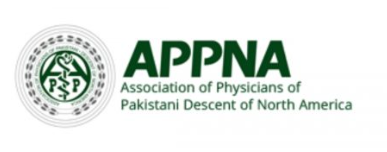







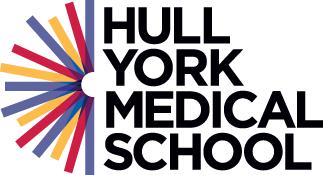

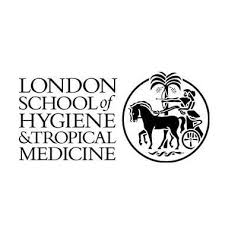
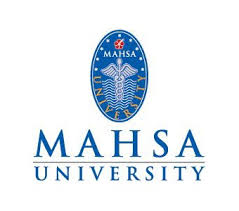
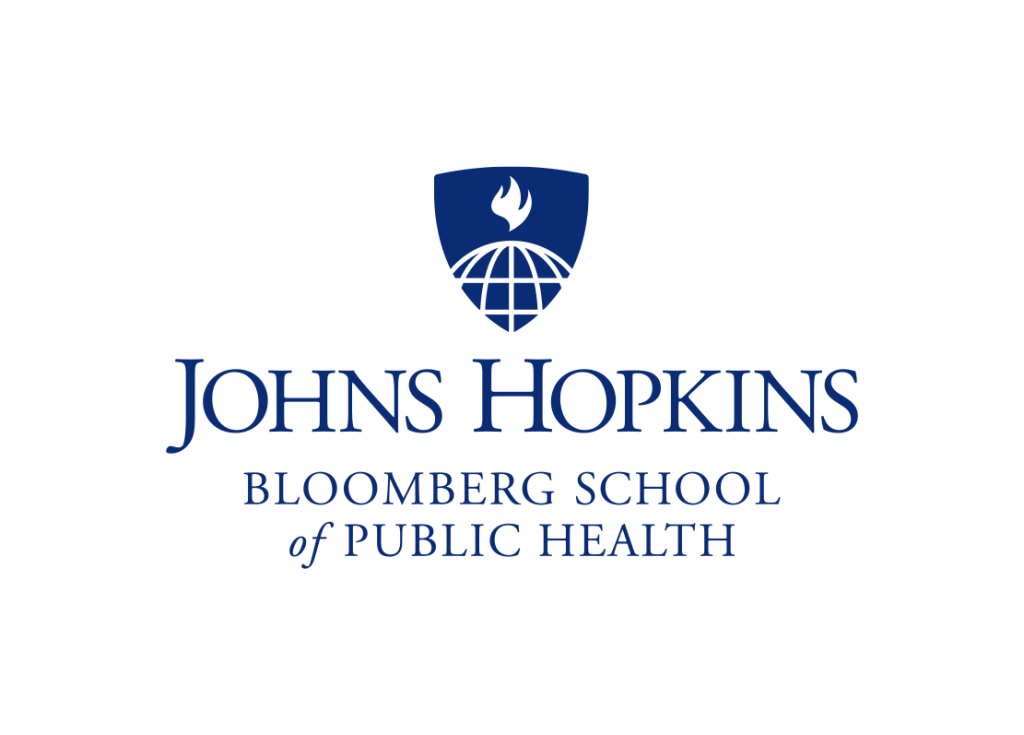
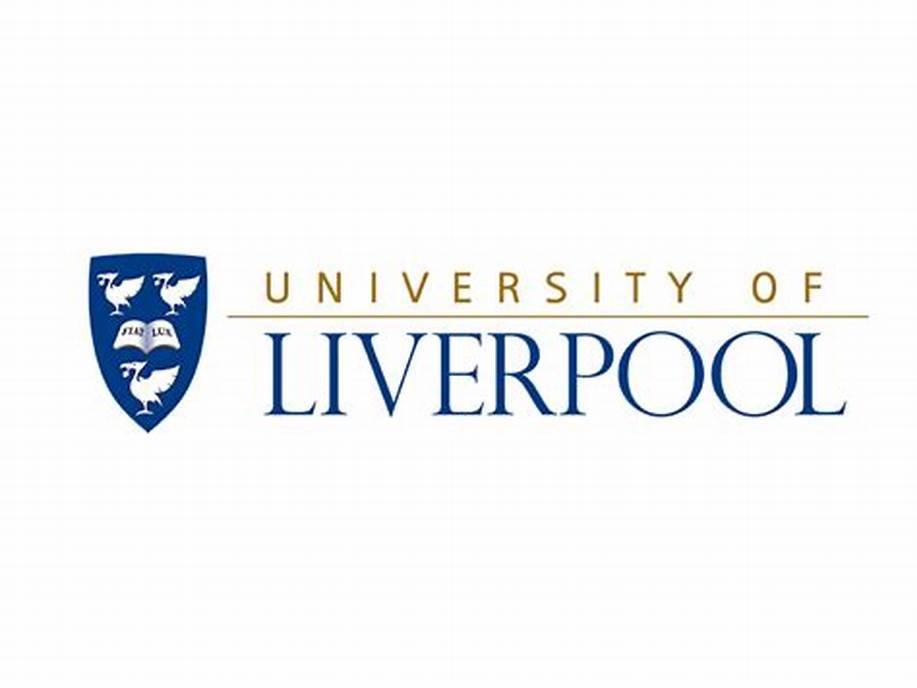

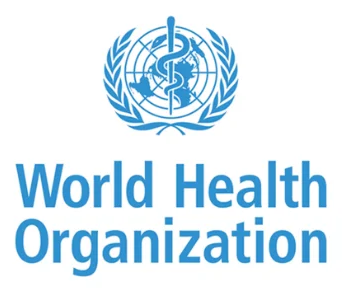
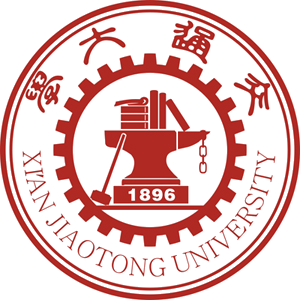


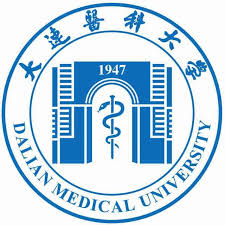
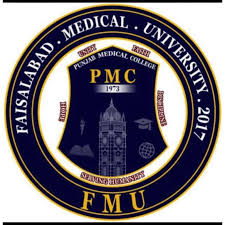
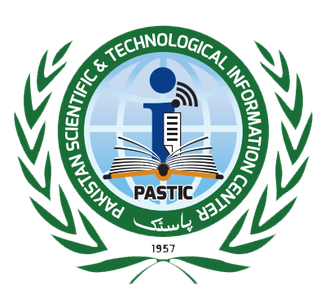
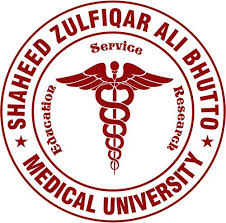
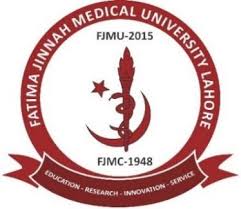


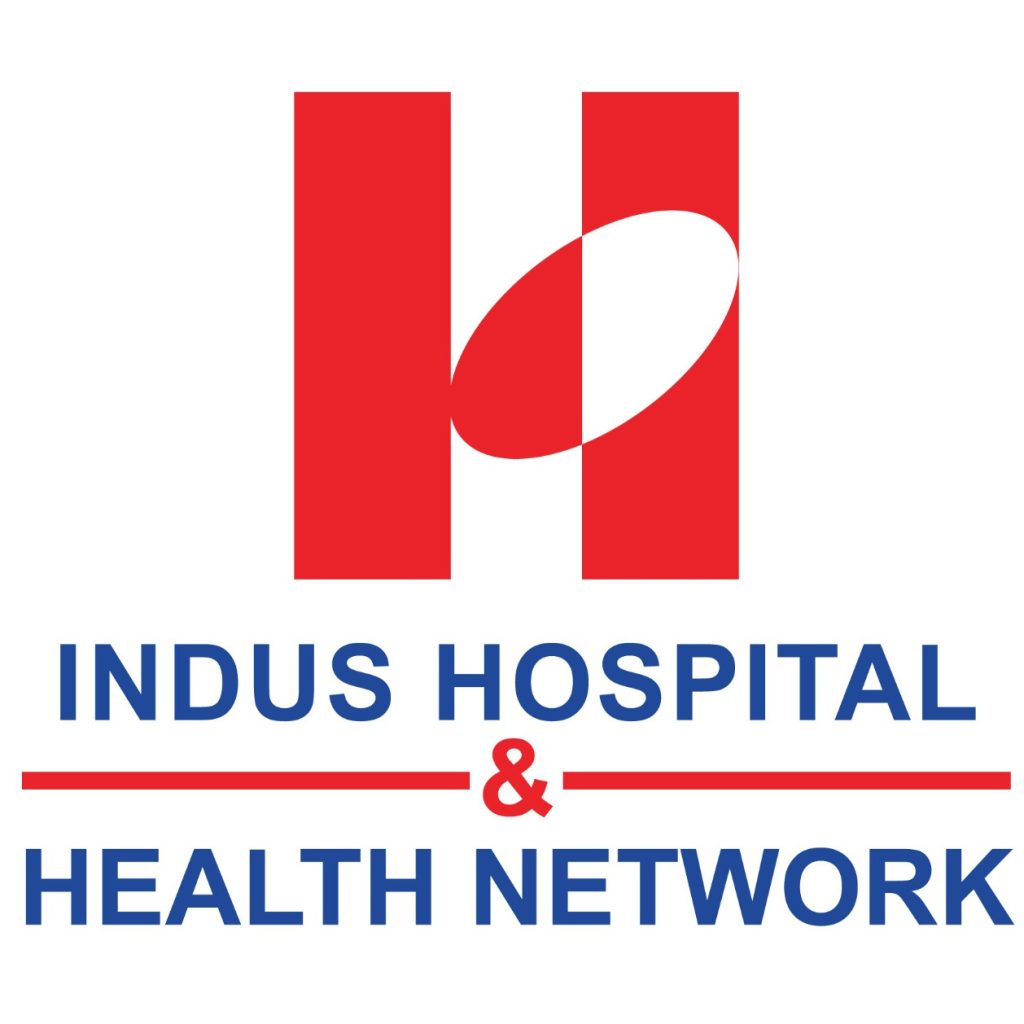
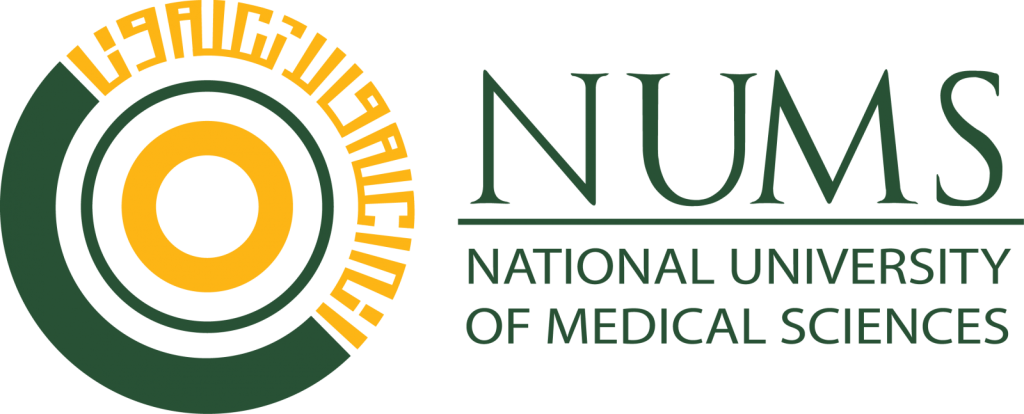
Reference from VC Impact Presentation
JRMC's Reviewers 2013-2024
We would like to thank everyone who has helped us by peer reviewing articles submitted to JRMC. Following is the list of our international and national reviewers.
International Reviewers
Dr. Faisal Masud
Sr. Centennial Chair in Anesthesia and Critical Care
Malaysia.
Sr. Centennial Chair in Anesthesia and Critical Care
Malaysia.
Dr.Alam Sher Malik
Professor of Paediatrics and Medical Educationist
Weil Cornell USA.
Professor of Paediatrics and Medical Educationist
Weil Cornell USA.
Dr.Babar Rao
Dermatologist
Mobile Infirmary Medical Center Mobile AL
Dermatologist
Mobile Infirmary Medical Center Mobile AL
Dr.Sohail Aman
Hospitalist
Associate Professor Cleveland Clinic Taussig Cancer Center
Hospitalist
Associate Professor Cleveland Clinic Taussig Cancer Center
Dr.Faiz Anwer
Staff Physician
Staff Physician
Dr.Sameera Farzand
Public Health
Bedong Malaysia.
Public Health
Bedong Malaysia.
Dr.Muhammad Iftikhar Hanif
Professor of Orthopaedic Surgery
Forth Valley Royal Hospital
Professor of Orthopaedic Surgery
Forth Valley Royal Hospital
Dr. Sabih Nadeem Qamar
Locum Consultant ENT
Immunology Physiology and Infectious Diseases Chicago
Locum Consultant ENT
Immunology Physiology and Infectious Diseases Chicago
Dr. Nadeem Fazal
Professor of Microbiology
Albert Einstein College of Medicine and Montefiore Medical Center Bronx USA.
Professor of Microbiology
Albert Einstein College of Medicine and Montefiore Medical Center Bronx USA.
Dr. Rizwan Naeem
Professor of Pathology
Nephrology Jersey Shore University Medical Center NJ
Professor of Pathology
Nephrology Jersey Shore University Medical Center NJ
Dr. Avais Masud
Fellowship Program Director
Transitional Care Organization SSM Health Saint Anthony Hospital OK
Fellowship Program Director
Transitional Care Organization SSM Health Saint Anthony Hospital OK
Dr. Iftikhar Ali Chaudhry
Medical Director
Director of Interventional Pulmonology University of Oklahoma Edmond
Medical Director
Director of Interventional Pulmonology University of Oklahoma Edmond
Dr. Fawad Chaudhry
Assistant Professor
Hometown Community Foundation Raleigh USA.
Assistant Professor
Hometown Community Foundation Raleigh USA.
Dr. Maqsood Ahmed
Chairperson
BMY Health Surrey Canada.
Chairperson
BMY Health Surrey Canada.
Dr.Bushra Anwar
Director Research
University of Minnesota Minneapolis USA.
Director Research
University of Minnesota Minneapolis USA.
Dr. Muhammad Bilal
Assistant Professor of Medicine
Queens University Ontario Canada
Assistant Professor of Medicine
Queens University Ontario Canada
Dr. Aamer Mahmud
Associate Professor
Northern Lincolnshire and Goole NHS Foundation Trust UK.
Associate Professor
Northern Lincolnshire and Goole NHS Foundation Trust UK.
Dr. Shahid Latif
Consultant Psychiatrist
Chester UK.
Consultant Psychiatrist
Chester UK.
Dr. Bilal Haider Malik
Dermatology ST5
University Hospital Southampton NHS Foundation Trust UK.
Dermatology ST5
University Hospital Southampton NHS Foundation Trust UK.
Dr. Nadeem Tehami
Consultant Hepatologist & PB physician
Faculty of Medicine & Dentistry Abu Dhabi UAE.
Consultant Hepatologist & PB physician
Faculty of Medicine & Dentistry Abu Dhabi UAE.
National Reviewers
Dr. Uzma Shahid
Department of Anatomy
Department of Anatomy
Dr. Khadija Qamar
Department of Anatomy
Department of Anatomy
Dr. Sarwar Zia
Department of Anatomy
Department of Anatomy
Dr. Afzal Alamgir
Department of Anatomy
Department of Anatomy
Dr. Ayesha Intisar
Department of Anatomy
Department of Anatomy
Dr. Tahzeeb ul Hassan
Department of Anatomy
Department of Anatomy
Dr. Kaukab Anjum
Department of Anatomy
Department of Anatomy
Prof. Afzal Alamgir
Department of Anatomy
Department of Anatomy
Dr. Ansa Rabia
Department of Anatomy
Department of Anatomy
Dr. Ambreen Usmani
Department of Anatomy
Department of Anatomy
Dr. Ambreen Surti
Department of Anatomy
Department of Anatomy
Dr. Rehma Sarfaraz
Department of Anatomy
Department of Anatomy
Dr. Iram Iqbal
Department of Anatomy
Department of Anatomy
Dr. Khurshid Ahmad
Department of Anatomy
Department of Anatomy
Dr. Amber Ilyas
Department of Anatomy
Department of Anatomy
Dr. Nida Qasim Hayat
Department of Anatomy
Department of Anatomy
Prof Dr Muhammad Sadiq
Department of Physiology
Department of Physiology
Dr Amina Rahim
Department of Physiology
Department of Physiology
Prof Shazaman Lateef
Department of Physiology
Department of Physiology
Dr. Ayesha Farooque
Department of Physiology
Department of Physiology
Dr. Seyyedha
Department of Physiology
Department of Physiology
Prof Dr Mudassir Ahmed Khan
Department of Physiology
Department of Physiology
Dr Shireen Rafique
Department of Biochemistry
Department of Biochemistry
Dr. Sidrah Saleem
Department of Biochemistry
Department of Biochemistry
Dr Akber Wahid
Department of Microbiology
Department of Microbiology
Dr Iffat Ara
Department of Microbiology
Department of Microbiology
Dr Khurshid Ahmad
Department of Pharmacology
Department of Pharmacology
Dr. Babur Rashid Chughtai
Department of Pharmacology
Department of Pharmacology
Dr. Mariam Khan Qamar
Department of Forensic Medicine
Department of Forensic Medicine
Syed Arshad Sabir
Department of Forensic Medicine
Department of Forensic Medicine
Prof Samina Badr
Department of Forensic Medicine
Department of Forensic Medicine
Dr Syed Arif
Department of Forensic Medicine
Department of Forensic Medicine
Dr Samina Badr
Department of Forensic Medicine
Department of Forensic Medicine
Dr. Shamaila Hassnain
Department of Forensic Medicine
Department of Forensic Medicine
Dr. Zahid Azam
Department of Forensic Medicine
Department of Forensic Medicine
Dr Sana Bilal
Department of Forensic Medicine
Department of Forensic Medicine
Prof Dr Ejaz Hassan Khan
Department of Community Medicine
Department of Community Medicine
Dr Mohsin Shafi
Department of Community Medicine
Department of Community Medicine
Dr. Amer Akmal
Department of Community Medicine
Department of Community Medicine
Dr. Ahsan Kazmi
Department of Community Medicine
Department of Community Medicine
Dr Naghmi Asif
Department of Community Medicine
Department of Community Medicine
Dr Rabia Liaqat
Department of Community Medicine
Department of Community Medicine
Dr Ammara Ijaz
Department of Community Medicine
Department of Community Medicine
Dr Irum Rana
Department of Community Medicine
Department of Community Medicine
Dr. Ejazz Ahmed
Department of Community Medicine
Department of Community Medicine
Brig Dr Saqib Qayyum
Department of Community Medicine
Department of Community Medicine
Dr Abbas Saleem
Department of Community Medicine
Department of Community Medicine
Dr Sidrah Saleem
Department of Community Medicine
Department of Community Medicine
Dr Zubair Zaidi
Department of Community Medicine
Department of Community Medicine
Dr Mizna Arif
Department of Community Medicine
Department of Community Medicine
Dr Ayesha Hameed
Department of Community Medicine
Department of Community Medicine
Dr. Usman Rathore
Department of Community Medicine
Department of Community Medicine
Dr Mir Attaullah Khan
Department of Community Medicine
Department of Community Medicine
Dr Abdul Rauf
Department of Community Medicine
Department of Community Medicine
Col Dr Shahzad Azam
Department of Community Medicine
Department of Community Medicine
Dr Rubina Riaz
Department of Community Medicine
Department of Community Medicine
Dr Soffia Khursheed
Department of Community Medicine
Department of Community Medicine
Dr. Ejaz Ahmed
Department of Community Medicine
Department of Community Medicine
Prof Dr Farkhunda Nadeem
Department of Community Medicine
Department of Community Medicine
Professor Dr Altaf Ahmed Shaikh
Department of Community Medicine
Department of Community Medicine
Dr. Saira Bugti
Department of Community Medicine
Department of Community Medicine
Dr Shireen Rafiq
Department of Community Medicine
Department of Community Medicine
Publications
JRMC Most Read Articles
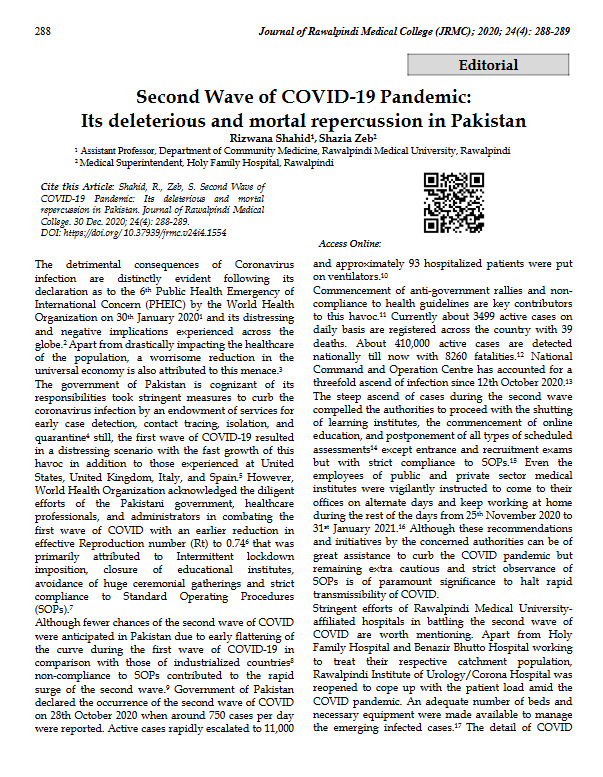
The Implication of Positive Reinforcement Strategy in dealing with Disruptive Behaviour in the Classroom: A Scoping Review
Aisha Rafi , Ambreen Ansar , Muneeza Amir Sami
Vol. 24 No. 2 (2020)
Total Reads: 137
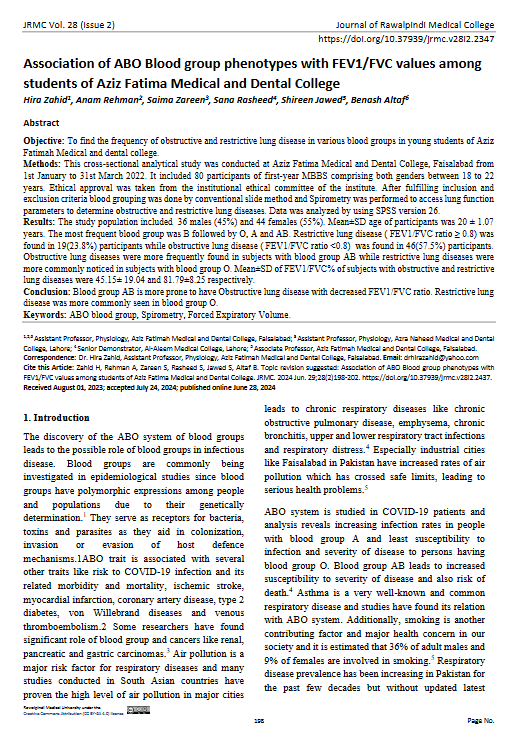
Association of ABO Blood group phenotypes with FEV1/FVC values among students of Aziz Fatima Medical and Dental College
Hira Zahid, Anam Rehman, Saima Zareen, Sana Rasheed, Shireen Jawed, Benash Altaf
Vol. 28 No. 2 (2024)
Total Reads: 74
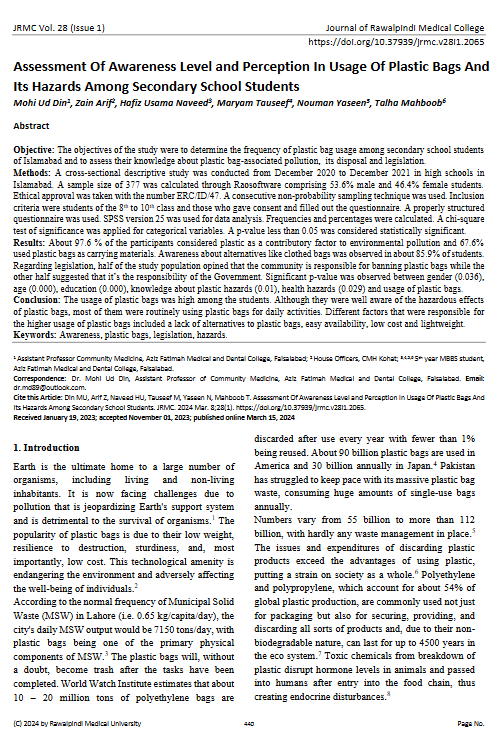
Assessment Of Awareness Level and Perception In Usage Of Plastic Bags And Its Hazards Among Secondary School Students
Mohi Ud Din, Zain Arif, Hafiz Usama Naveed, Maryam Tauseef, Nouman Yaseen, Talha Mahboob
Vol. 28 No. 1 (2024)
Total Reads: 64
JRMC Most Cited Articles

The Implication of Positive Reinforcement Strategy in dealing with Disruptive Behaviour in the Classroom: A Scoping Review
Aisha Rafi , Ambreen Ansar , Muneeza Amir Sami
Vol. 24 No. 2 (2020)
Total Citations: 55
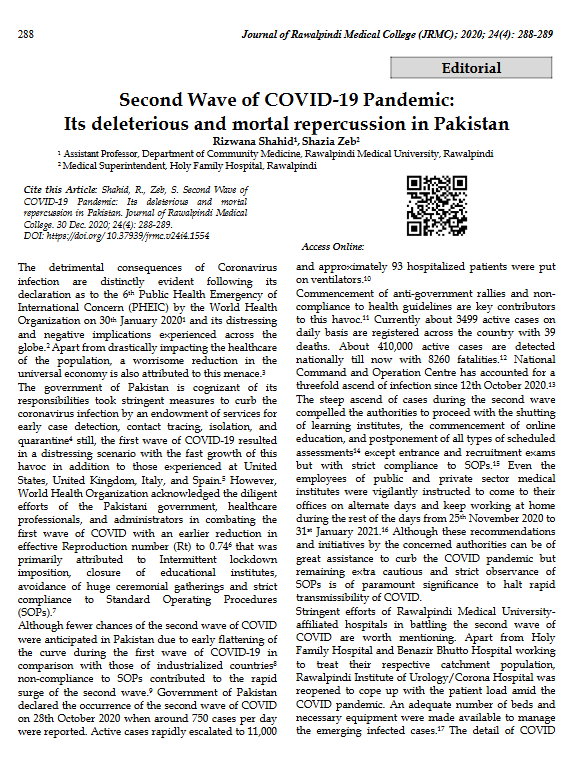
Second Wave of COVID-19 Pandemic: Its deleterious and mortal repercussion in Pakistan
Rizwana Shahid, Shazia Zeb
Vol. 24 No. 4 (2020)
Total Citations: 17
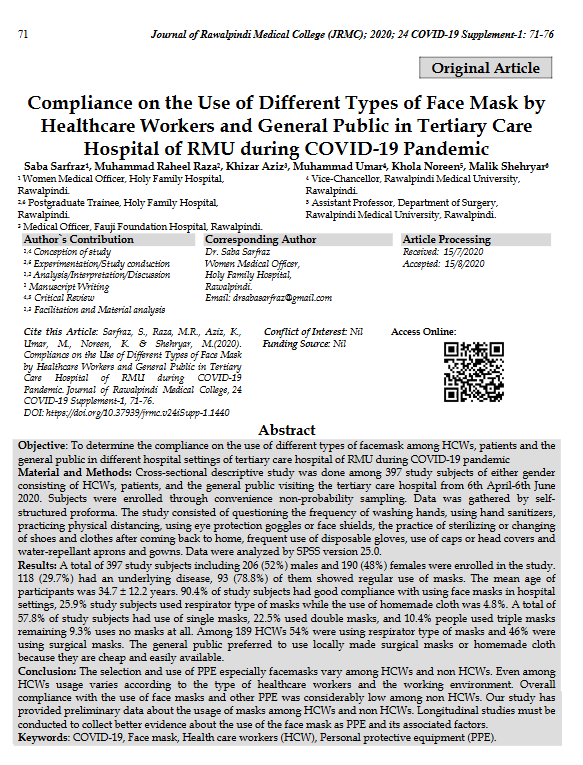
Compliance on the Use of Different Types of Face Mask by Healthcare Workers and General Public in Tertiary Care Hospital of RMU during COVID-19 Pandemic
Saba Sarfraz, Muhammad Raheel Raza, Khizar Aziz, Muhammad Umar, Khola Noreen, Malik Shehryar
Vol. 24 No. Supp-1 (2020)
Total Citations: 13
JRMC Case Reports
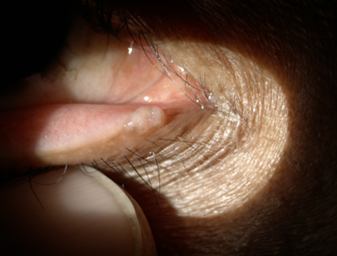
Punctal polyp, first case presentation
Nazia Qidwai
Vol. 28 No. 2 (2024)

Marantic endocarditis: A rare early presentation of invasive ductal carcinoma of the breast
Madiha Butt
Vol. 28 No. 4 (2024)
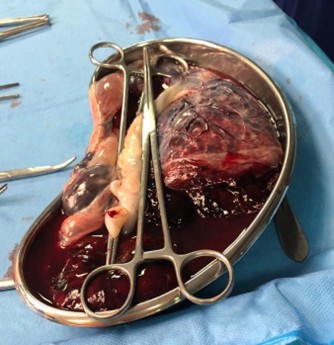
A rare case of placental abruption along with couvelaire uterus and uterine scar rupture: a case report
Wania Shahid
Vol. 28 No. 2 (2024)
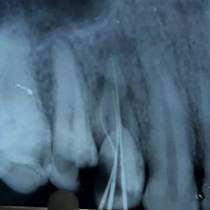
Endodontic treatment of Upper first premolar with 3 canals
Dania Khan
Vol. 28 No. 2 (2024)

Trauma Induced Double-Seronegative Ocular Myasthenia Gravis
Mohammad Ali Khalid
Vol. 28 No. 2 (2024)
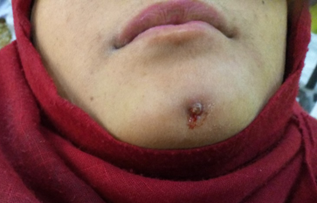
Replacing An Extracted Natural Tooth As A Pontic By Using Fiber-Reinforced Composite: A Case Report
Sabana Haq
Vol. 28 No. 1 (2024)
Our Supplement Journals
April 2023, Vol 1, Issue 1
Our Affiliated Journals
RMU Data bank
RMU Model of Data Bank is a centralized platform for healthcare professionals and researchers working on the three most prevalent diseases in Allied Hospitals: Dengue Fever, Diabetes Mellitus, and Hepatitis. It provides access to valuable data, guidelines, and best practices for preventing, diagnosing, and treating these diseases. This data bank aims to address theincreasing burden of these diseases by collecting and curating accurate and up-to-date data, developing evidence-based Standard Operating Procedures (SOPs), facilitating research and knowledge sharing, and promoting preventive strategies.
Hepatitis-C Data Holy Family Hospital 2006-2019
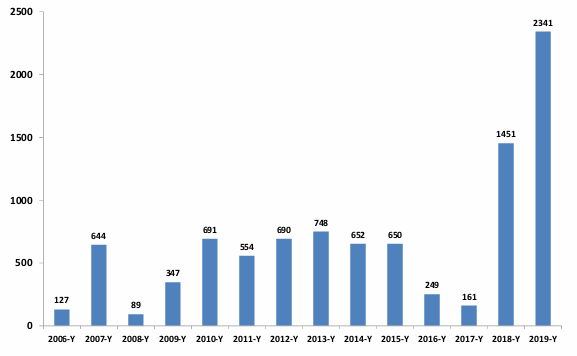
Dengue Data RMU Alied Hospitals 2013-2024
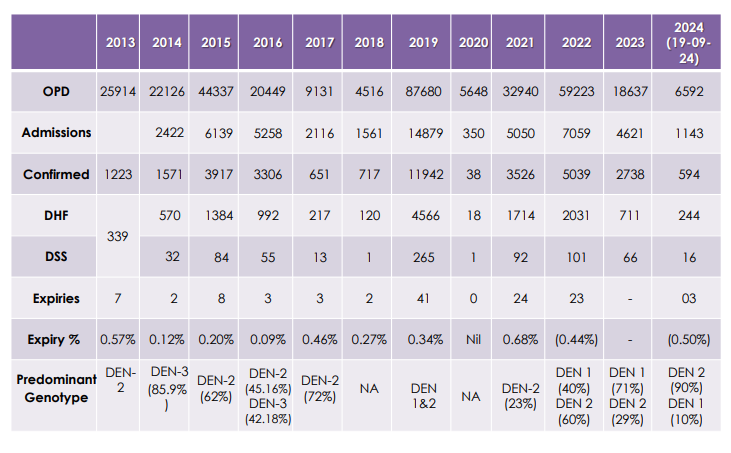
Finalized by The VC

Digital Research Resources

Research Dashoard

Digital Services
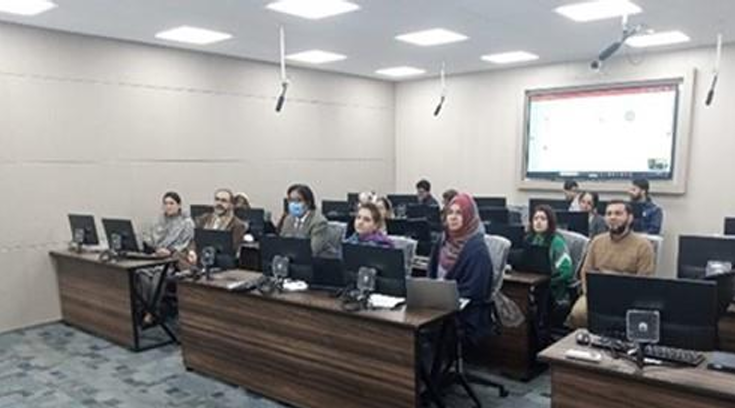
Digital Classroom
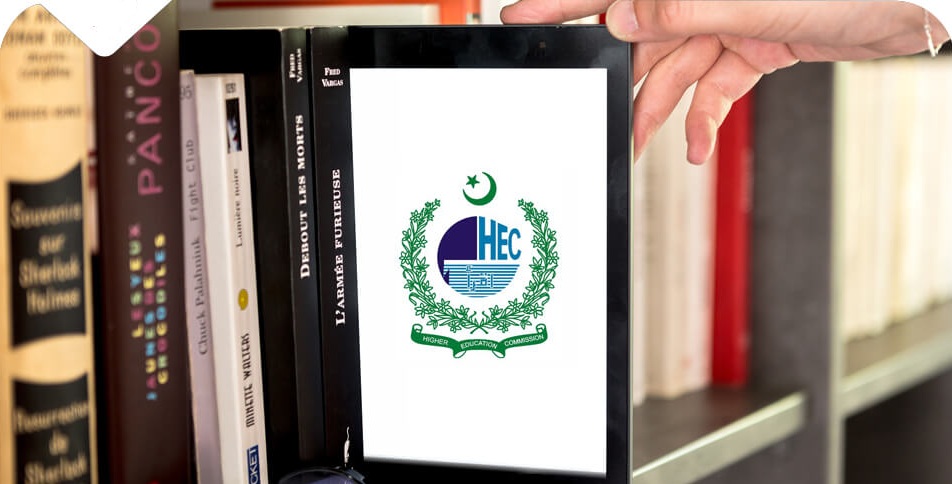
Hec Digital Library
HEC National Digital Library (DL) is a programme to provide researchers within public and private universities in Pakistan and non-profit research and development organizations with access to international scholarly literature based on electronic (online) delivery, providing access to high quality, peer-reviewed journals, databases, articles and e-Books across a wide range of disciplines. The e-books support programme will allow researchers to access most of the important text and reference books electronically in a variety of subject areas. Around 75,000 number of electronic content has been made available through the Digital Library Programme.

Total Journals
23,0000
Total Online Books
1,78,000
Total Research Thesis
10,00,000
UpToDate Library

Enrolled Institutes
36500
Clinicians
2 million
Topics
12000
The UpToDate library is a widely trusted, evidence-based clinical decision support system (CDSS) used by healthcare professionals worldwide. Developed by Wolters Kluwer, UpToDate provides clinicians with the latest medical information to support diagnosis, treatment, and care decisions. It offers in-depth articles, drug information, clinical calculators, patient education materials, and practice guidelines, all written and peer-reviewed by over 7,300 physician authors, editors, and peer reviewers.
UpToDate is known for its commitment to continuously updating content to reflect new medical research and clinical best practices, ensuring users always have access to the most current and relevant information at the point of care.
Library Resource Usage Trends 2006-2021
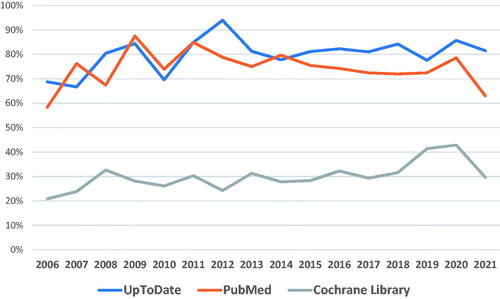
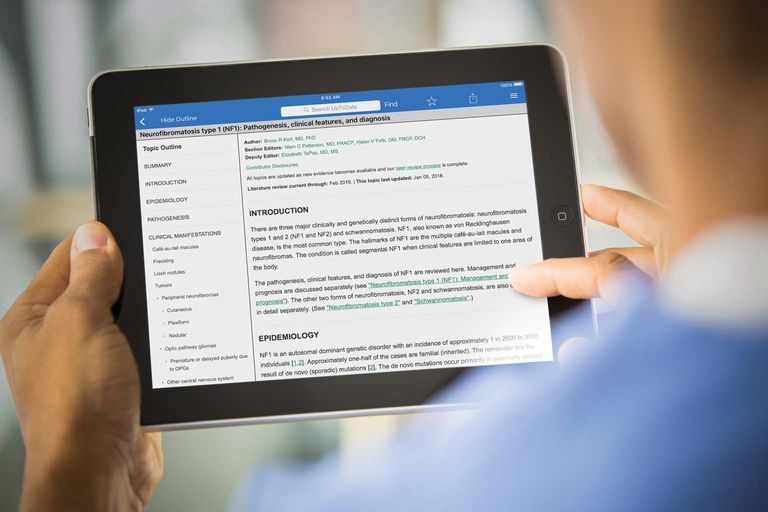

JRMC
Special Reports
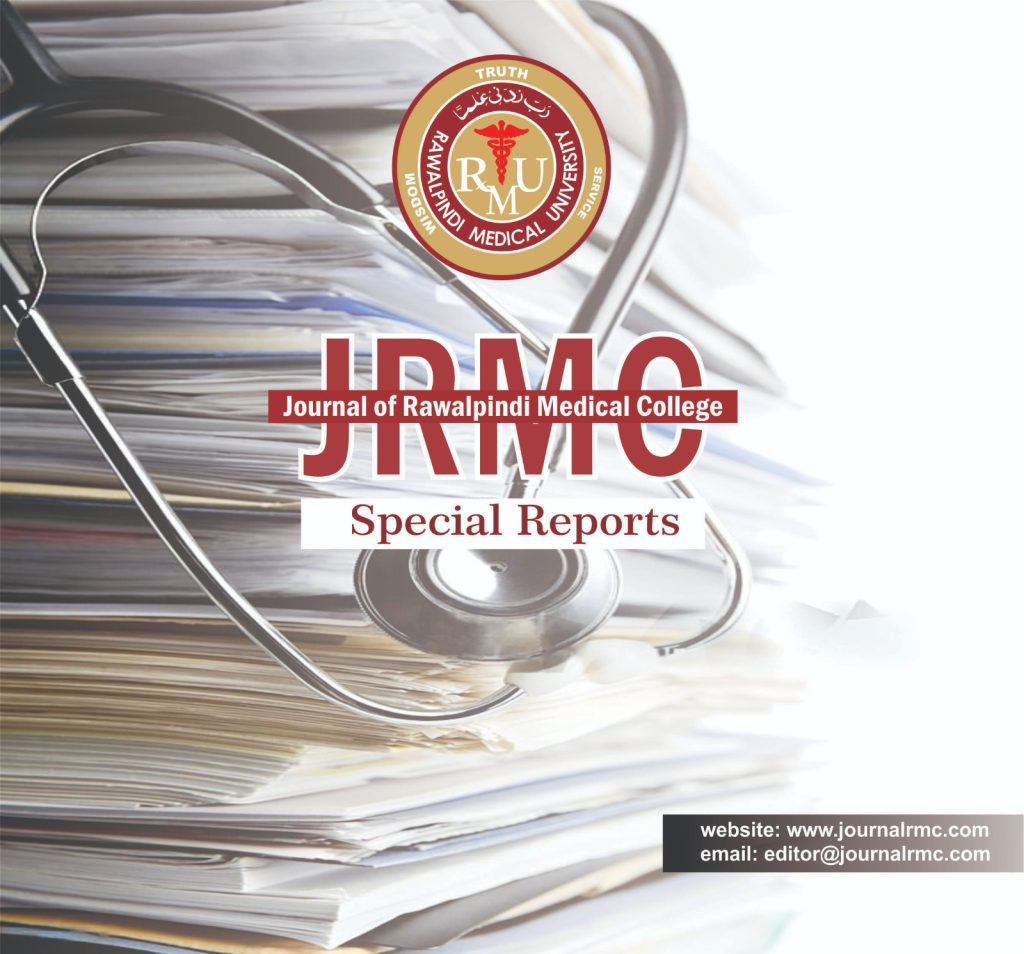
RMU & Covid-19
21 January 2024 | Report
Overview
The reports on COVID-19 present the comparison of all four surges of COVID-19 in Rawalpindi Region. Understanding the trajectory of COVID-19 case counts assisted the government and its hospitals in responding to the impact of the pandemic. The primary focus of this report is on the statistics of patients in the first to fourth surges of COVID-19.
This report was published by Rawalpindi Medical University & the data it received from its allied hospitals on COVID-19. Primarily the Department of Infectious Diseases in Holy Family Hospital liaised with the University in sharing its data.
RMU TEAM
Department of Infectious Diseases, RMU
EDITORS
Dr. Mujeeb Khan
COPYRIGHTS
Dengue Report 2019
21 January 2024 | Report
Overview
Dengue is now endemic to Pakistan, with its usual peak incidence in the post-monsoon period. Rawalpindi division is among the regions in Punjab which has had to face 7 consecutive epidemics from 2013-2019. The Dengue epidemic of 2019 was by far the worst year of the epidemic. Towards the middle of August, there was a sudden surge in patients presenting with symptoms of Dengue Fever. Testing confirmed Dengue Fever, which was unprecedented as the epidemic season was usually expected to start in early September.
The Department of Infectious Diseases (DID), present in the Holy Family Hospital, Rawalpindi deals with many endemic Infectious Diseases from all over Pakistan, including the Dengue epidemics, Influenza outbreaks, Crimean Congo Hemorrhagic Fever outbreaks, Tuberculosis and Leptospirosis patients, etc. They compiled their data and published a report on the Dengue outbreak in 2019 and subsequently proposed a recommendation to tackle dengue in the coming years.
RMU TEAM
Department of Infectious Diseases, RMU
EDITORS
Dr. Mujeeb Khan
COPYRIGHTS
Dengue Report 2022
21 January 2024 | Report
Overview
Dengue is now endemic to Pakistan, with its usual peak incidence in the post-monsoon period. Rawalpindi division is among the regions in Punjab which has had to face 7 consecutive epidemics from 2013-2019. The Dengue epidemic of 2019 was by far the worst year of the epidemic. Towards the middle of August, there was a sudden surge in patients presenting with symptoms of Dengue Fever. Testing confirmed Dengue Fever, which was unprecedented as the epidemic season was usually expected to start in early September.
The Department of Infectious Diseases (DID), present in the Holy Family Hospital, Rawalpindi deals with many endemic Infectious Diseases from all over Pakistan, including the Dengue epidemics, Influenza outbreaks, Crimean Congo Hemorrhagic Fever outbreaks, Tuberculosis and Leptospirosis patients, etc. They compiled their data and published a report on the Dengue outbreak in 2019 and subsequently proposed a recommendation to tackle dengue in the coming years.
RMU TEAM
Department of Infectious Diseases, RMU
EDITORS
Dr. Mujeeb Khan
COPYRIGHTS
Hepatitis Free Rawalpindi
21 January 2024 | Report
Overview
The Community Program of RMU for Screening and Treatment of Hepatitis C Cases in Rawalpindi aims to eradicate Hepatitis C from the Rawalpindi division and make Rawalpindi the 1st hepatitis-free city in Pakistan. They plan on doing this Awareness and Prevention in community and health professionals. This booklet provides the guidelines as to how Rawalpindi Medical University and its allied hospitals envision achieving this.
RMU TEAM
Department of Gastroenterology, HFH
EDITORS
Prof. Bushra Khaaar
COPYRIGHTS
Breast Cancer Awareness Program
21 January 2024 | Report
Overview
The Community Program of RMU for Screening and Treatment of Hepatitis C Cases in Rawalpindi aims to eradicate Hepatitis C from the Rawalpindi division and make Rawalpindi the 1st hepatitis-free city in Pakistan. They plan on doing this Awareness and Prevention in community and health professionals. This booklet provides the guidelines as to how Rawalpindi Medical University and its allied hospitals envision achieving this.
RMU TEAM
Lorem ipsum
EDITORS
Lorem ipsum
COPYRIGHTS
RMU Flood Relief Action Program
21 January 2024 | Report
Overview
As a result of continuing monsoon rains and floods, 81 of the 116 worst-affected districts have been designated disaster-stricken. Sindh, Balochistan, and South Punjab have been notably afflicted, although Khyber Pakhtunkhwa (KPK) and Gilgit Baltistan have also been severely impacted. According to the NDMA, this has significant consequences for human lives, property, infrastructure, livelihood, and livestock, impacting 33 million people
RMU TEAM
Department of Medicine and Allied, RMU
EDITORS
Prof. Dr. Muhammad Umar
COPYRIGHTS

JRMC
Clinical Practice Guidelines

Diagnosis, Management and Prevention of Hepatitis C
2017 Update
World Gastroenterology Orgranization


Dr. Muhammad Umar, Editor in Chief of Journal of Rawalpindi Medical College, has been appointed as the first Pakistani Chairman of the World Gastroenterology Organisation (WGO) Committee for Treatment Guidelines for Hepatitis C. This nomination was made during the WGO meeting in Chicago, USA, in May 2011, Guidelines were developed over a year for adoption by member countries. He also serves as the Governor of the American College of Gastroenterology (ACG) for Pakistan and has authored Pakistan’s first book on Hepatitis C, along with five other books. Dr. Umar has held leadership roles in the Pakistan Society of Gastroenterology and GI Endoscopy and the Pakistan Society of Hepatology and authored the National Practice Guidelines for Hepatitis C in Pakistan.

Dr. Muhammad Umar
JRMC Patron-in-Chief

Dr. H-T-Bushra Khaar
JRMC Editor
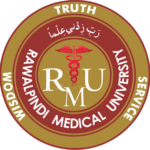
Finalized by The VC

International Guidelines
National Guidelines
An Update on National Consensus Practice Guidelines for the Treatment of Hepatitis C & Literature Review in Epidemiology of Hepatitis C in Pakistan - 2022
Current Issue
Vol. 1 No. 1 | April 2025
Over the last 5 years there was some consistency in the treatment options and their availability of the new DAAs in Pakistan however quite a good data and research done locally and available online. Hence it was anticipated to review the available local data and update the previous version of the guidelines. The working
group on National Consensus Practice Guidelines(NCPG) of Centre for Liver and Digestive diseases under the mentorship of Prof. Dr. Muhammad Umar and Prof. Dr. Hamama-tul-Bushra Khaar reviewed the five-year data from 2017-2021. The team also kept into consideration the international evidence and western guidelines, including the updated AASLD and EASL guidelines for management of Hepatitis C and tailored the local guidelines with consensus from leading physicians and Hepatologists from different areas of Pakistan.
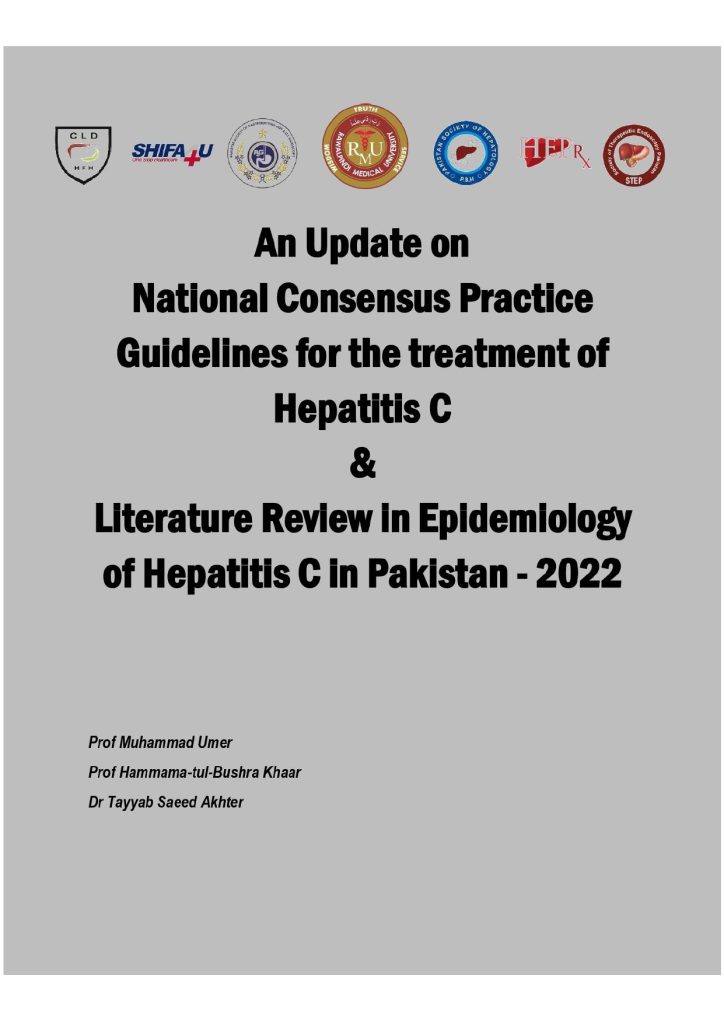
RMU Salmonella Infection Treatment Guidelines
Current Issue
Vol. 1 No. 1 | April 2025
Institutional Antimicrobial Usage Protocols is one of the most exciting initiative that Rawalpindi Medical University has taken. The threat brought on by antimicrobial resistance is a key factor driving this project. Salmonella treatment guidelines are produced through series of discussions held between Antimicrobial Usage Policy Committee including members of various disciplines. It involved a structured and intensive discussion process to ensure that content was carefully reviewed and coordinated for consistency.
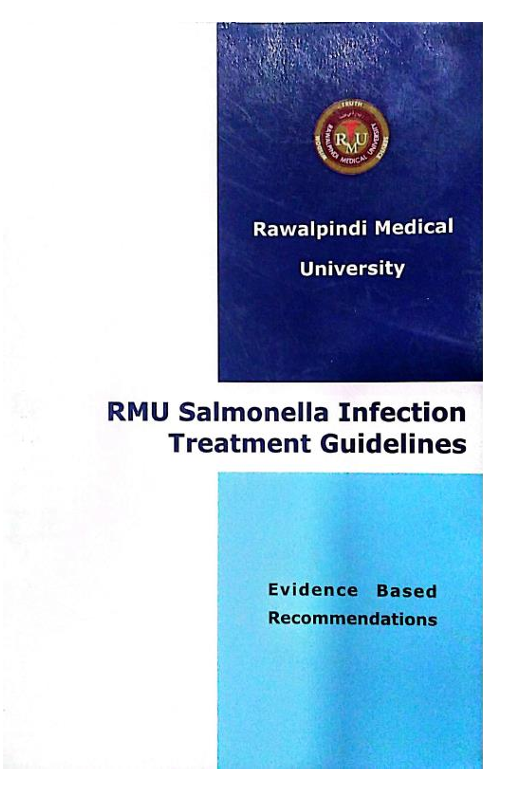
Antibiotic Treatment Guidelines for Intensive Care Units of RMU & Allied Hospitals
Current Issue
Vol. 1 No. 1 | April 2025
These are evidence-based recommendations for empirical antimicrobial usage in intensive care units of Rawalpindi Medical University and Allied Hospitals. Evidence is based on the available data of 2019 of antimicrobial resistance patterns seen in intensive care units.
Treatment should be reviewed clinically at 48-72 hours with the results of clinical findings, imaging results, microbiological cultures and other laboratory findings. Antimicrobials can then be stopped, switched to oral therapy, changed to a narrow spectrum agent or continued with further review.
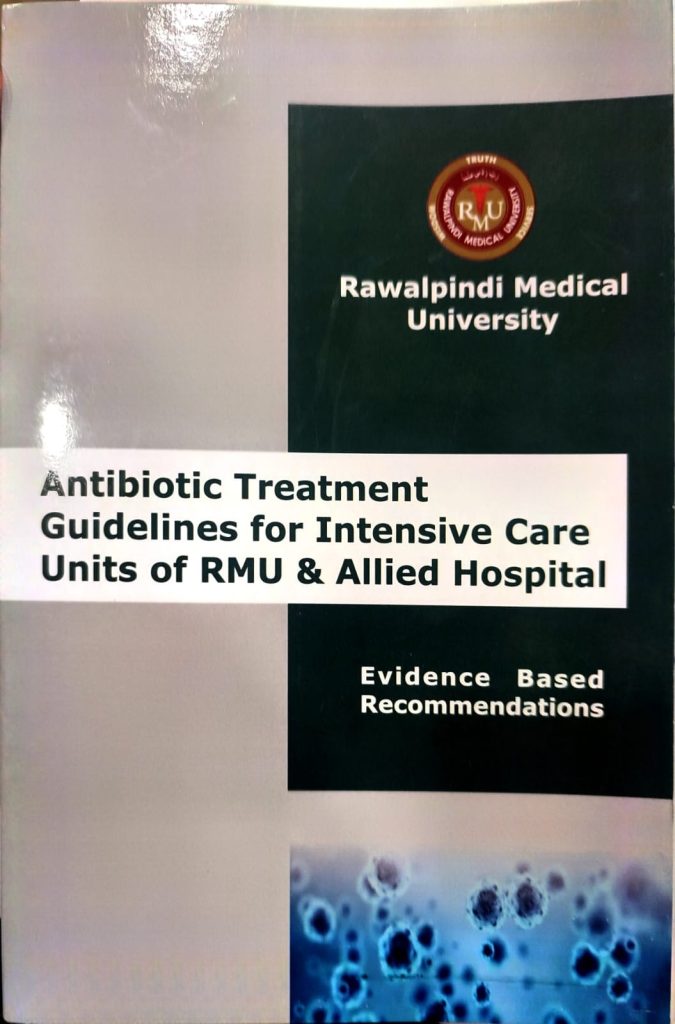

Health Education Public Engagement & Community
Pakistan is grappling with a dual public health challenge—the double burden of disease, where communicable diseases (CDs) such as hepatitis, tuberculosis, and dengue, and non-communicable diseases (NCDs) like diabetes, hypertension, and cancer continue to threaten lives. Addressing these complex health issues requires a proactive approach grounded in education, prevention, and community engagement. At the forefront of this effort, the Journal of Rawalpindi Medical University (JRMC) proudly showcases the transformative role of students and faculty in leading health education and awareness campaigns. These initiatives aim to bridge knowledge gaps, implement preventive strategies, and empower communities with sustainable, evidence-based health solutions.
Pakistan has been confronting several health challenges due to recent disease outbreaks:
Polio
The country has reported a resurgence of polio cases, with the National Institute of Health confirming new instances of Wild Poliovirus Type 1 (WPV1) in Sindh’s Badin district. This brings the nationwide tally to 50 cases this year, underscoring the ongoing challenges in eradicating the disease.
Drug-Resistant Typhoid
There is a concerning spread of extensively drug-resistant (XDR) typhoid in Pakistan, particularly affecting children. This strain emerged in 2016 and shows resistance to nearly all antibiotics, complicating treatment efforts. The situation is exacerbated by limited access to clean water and sanitation facilities
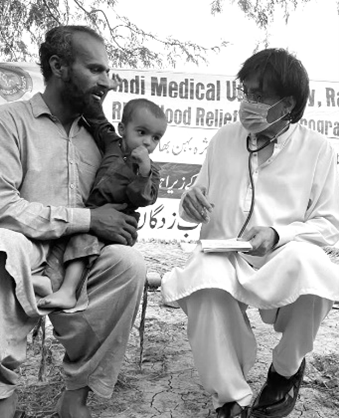
Hepatitis Community Awareness
These outbreaks highlight the critical need for robust public health measures, including vaccination campaigns, improved sanitation, and effective disease surveillance, to mitigate the impact of these health challenges.
Hepatitis C Free Rawalpindi City Initiative
Conducting early disease detection for hepatitis, tuberculosis, and parasitic infections
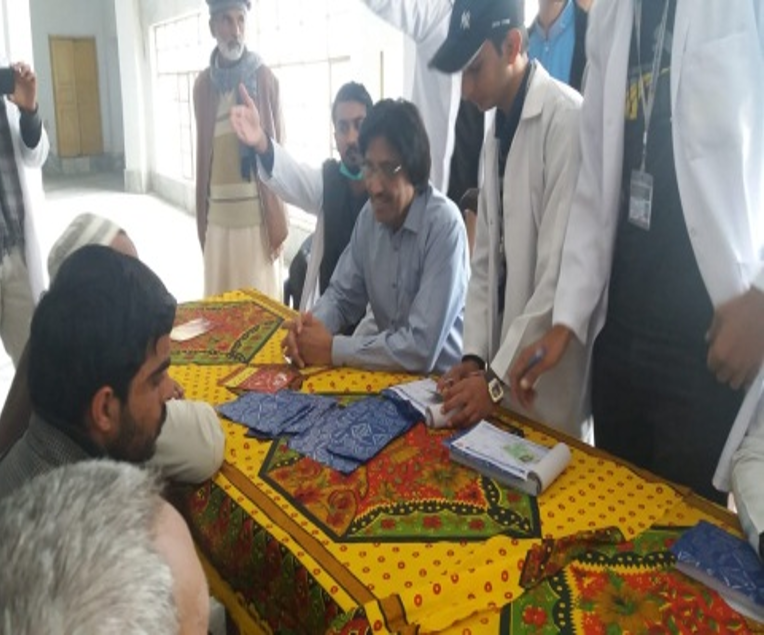

Food & Waterborne Disease Prevention Campaigns
Educating families about safe drinking water, hygiene practices, and diarrheal disease management
Fighting the Rising Wave of Non-Communicable Diseases (NCDs)
With the alarming rise of obesity, diabetes, cardiovascular diseases, and cancer, RMU has integrated lifestyle medicine principles into its health awareness programs. Key interventions include:
- Lifestyle Medicine Awareness Programs – Promoting healthy eating, physical activity, mental well-being, and smoking cessation.
- Obesity & Diabetes Prevention Workshops – Engaging schools and workplaces in healthy lifestyle education to curb metabolic disorders.
- Tobacco Cessation & Lung Health Advocacy – Conducting anti-smoking campaigns and promoting smoke-free environments.
- Mental Health & Stress Management – Integrating mindfulness practices and raising awareness on stress-related illnesses.
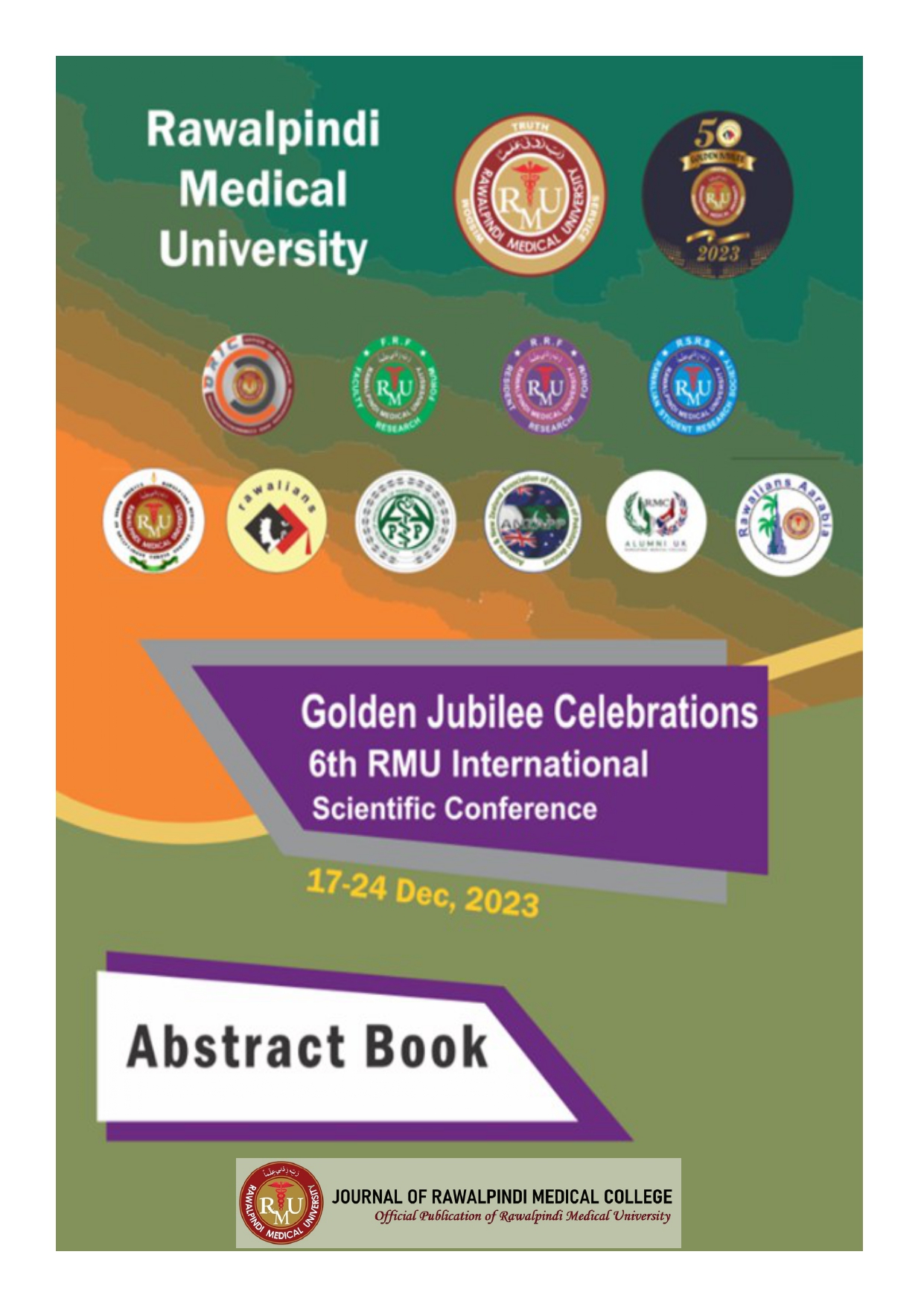
Golden Jubilee Celebration, 6th RMU International Scientific Conference
The 6th RMU International Scientific Conference was held at RMU from 17th December to 24th December 2023. International speakers were also invited to this conference
135 pre-conference workshops were arranged in RMU and its allied hospitals.
81 Faculty Research Forum (FRF) abstracts were presented and published in the abstract book
The International speakers presented 12 posters.
111 Faculty Research Forum (FRF) abstracts were presented and published
94 Rawalian Student Research Society (RSRS) abstracts were presented and published
81 Faculty Research Forum (FRF) abstracts were presented and published in the abstract book
The International speakers presented 12 posters.
111 Faculty Research Forum (FRF) abstracts were presented and published
94 Rawalian Student Research Society (RSRS) abstracts were presented and published
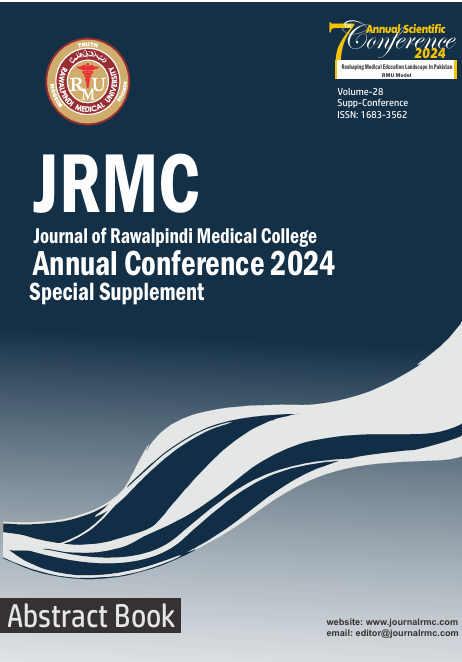
7th Annual Scientific Conference 2024
The 7th Annual Scientific Conference was held at RMU from 19th December to 21st December 2024.
64 pre-conference workshops were arranged in RMU and its allied hospitals.
81 Faculty Research Forum (FRF) abstracts were presented and published in the abstract book
118 Resident Research Forum (RRF) abstracts were presented and published
134 Rawalian Student Research Society (RSRS) abstracts were presented and published
81 Faculty Research Forum (FRF) abstracts were presented and published in the abstract book
118 Resident Research Forum (RRF) abstracts were presented and published
134 Rawalian Student Research Society (RSRS) abstracts were presented and published
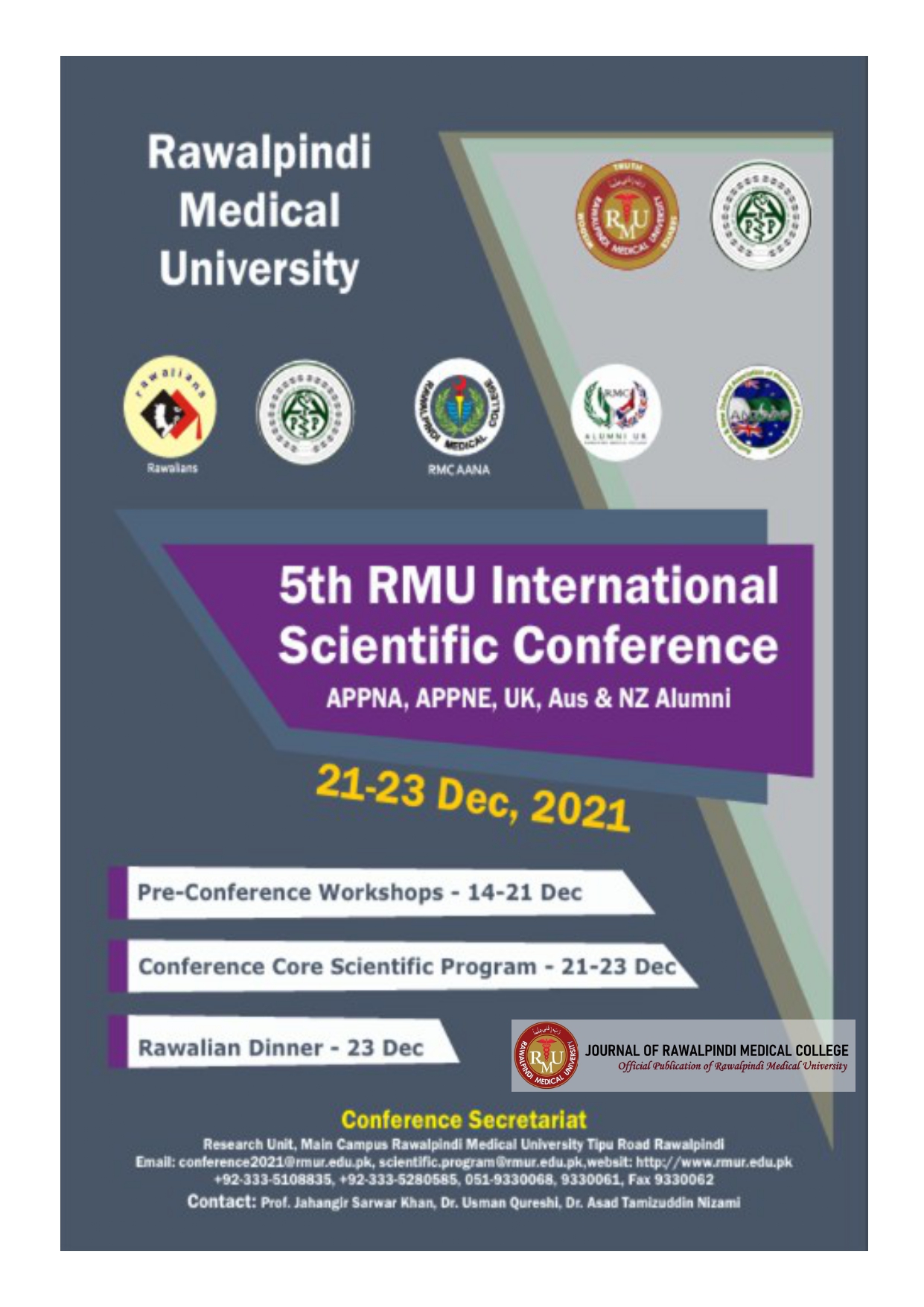
5th RMU International Scientific Conference
The 5th RMU international scientific conference was held at RMU from 21st to 23rd December 2021
132 pre-conference workshops were arranged at RMU and its allied hospitals
86 Faculty Research Forum (FRF) abstracts were presented and published.
91 Resident Research Forum (RRF) abstracts were presented and published
142 Rawalian Student Research Society (RSRS) abstracts were presented and published
86 Faculty Research Forum (FRF) abstracts were presented and published.
91 Resident Research Forum (RRF) abstracts were presented and published
142 Rawalian Student Research Society (RSRS) abstracts were presented and published

Research Projects on Artificial Intelligence

JRMC
Sustainable Development Goals (SDG)
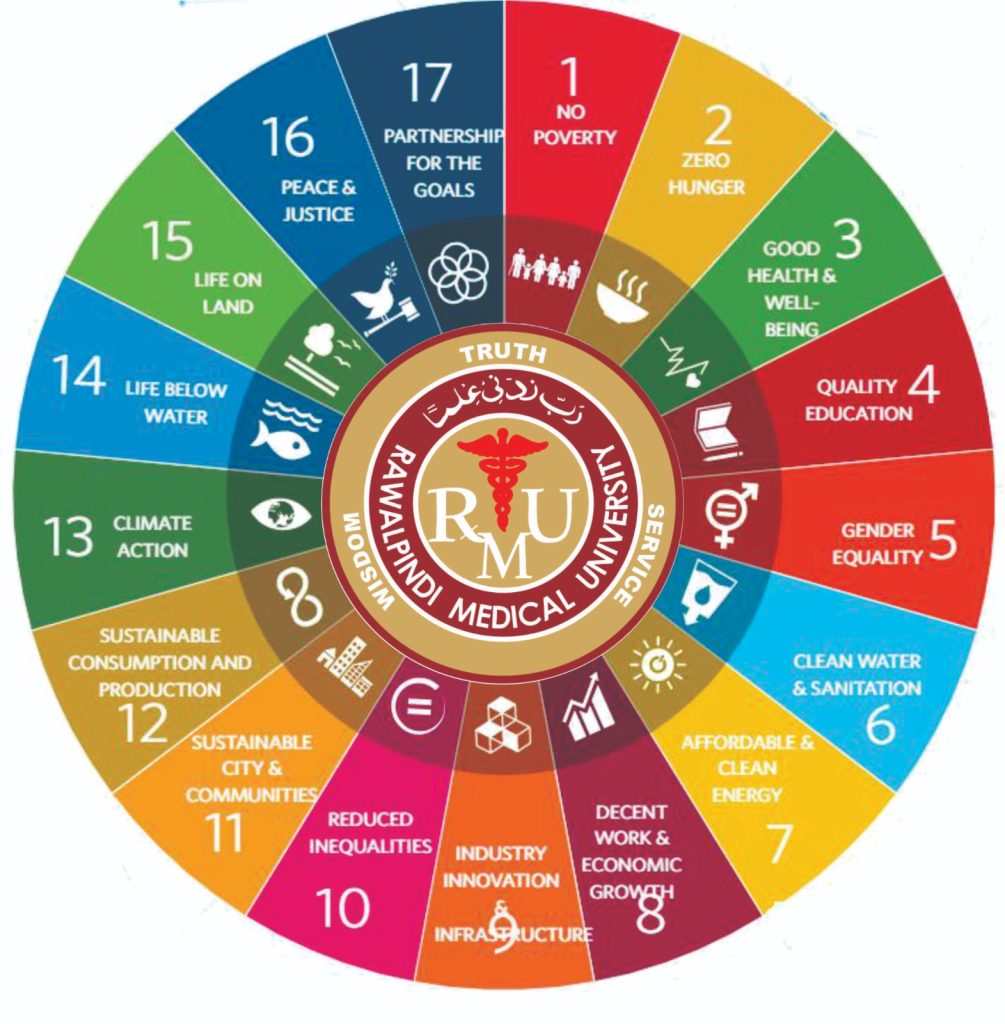
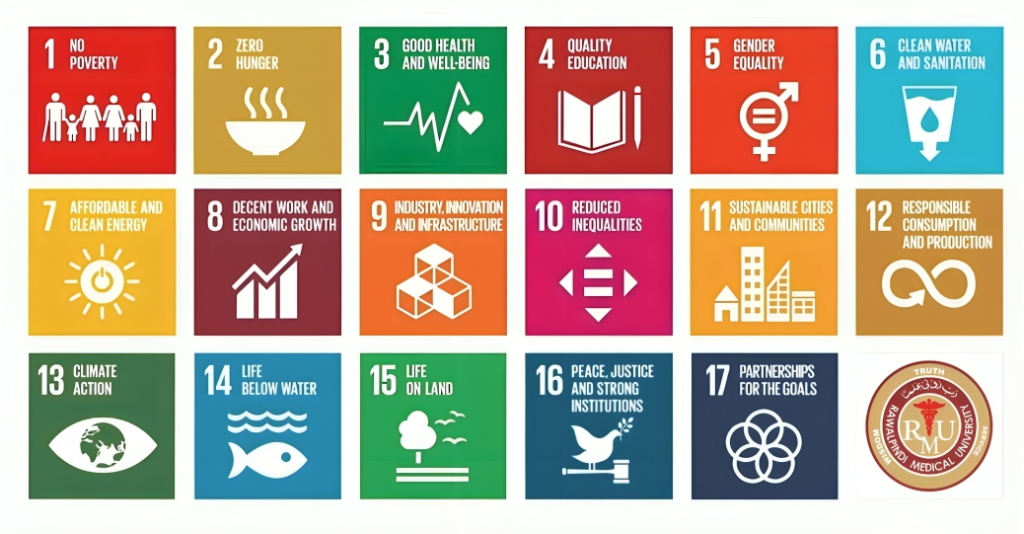
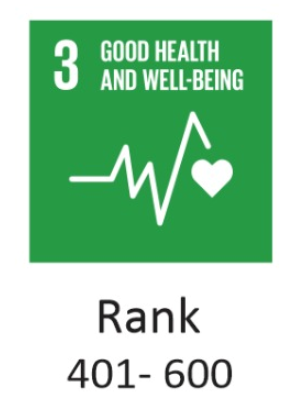

SGD 03 - Good Health and Wealthnes
Rawalpindi Medical University’s campaign and sessions are focused on good health & wellness. These initiatives aim to enhance students’ understanding of the adverse health effects of smoking. The university actively promotes and enforces a smoke-free policy, encouraging students to adhere to it. Smoking Cessation Support campaign assists smokers in quitting using personalized methods that best suit their needs.
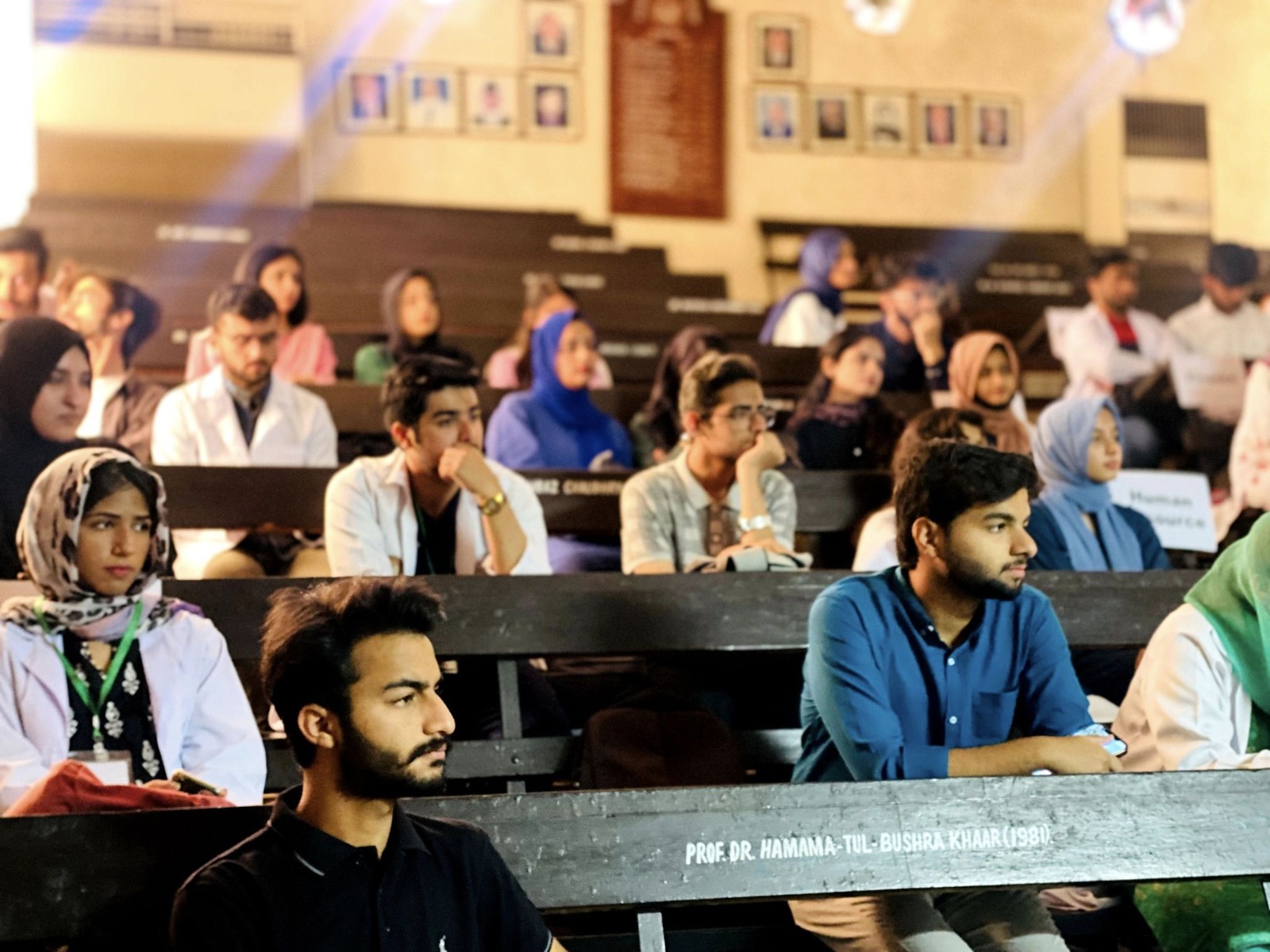
SGD 04 - Quality Education
Enhance the knowledge and awareness of a health issue, problem, or potential solution within the target audience.Shape perceptions, beliefs, and attitudes to potentially modify social norms related to the health concern. Prompt proactive action among individuals and communities in addressing the health issue.Demonstrate or illustrate practical, healthy skills that empower individuals to make informed choices.
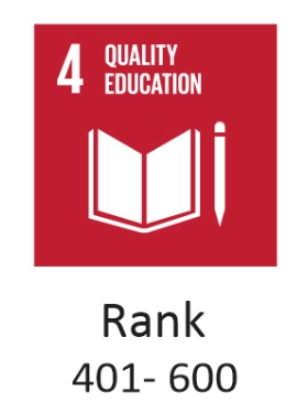
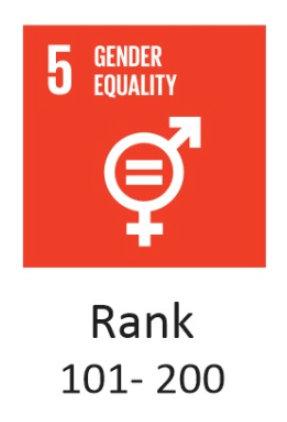
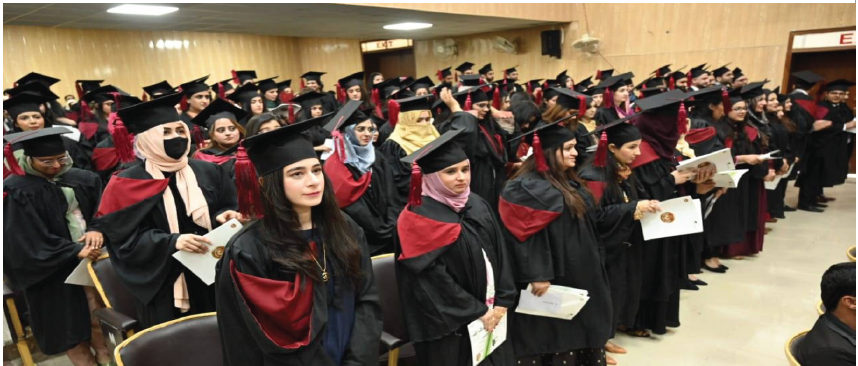
SGD 05 - Gender Equality
Rawalpindi Medical University, with a total enrollment of 3,755 students, is committed to promoting gender equality in its educational programs. In accordance with the data, here’s a detailed breakdown of the university’s student population, particularly focusing on gender equality. Among these students, 733 women have embarked on their educational journeys this academic year
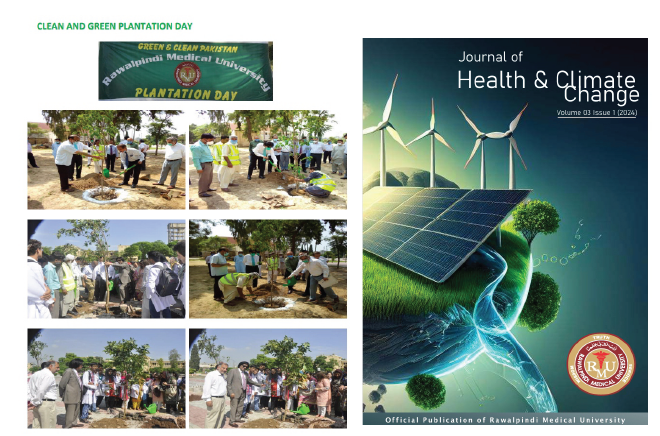
SGD 13 - Climate Actions
The Clean and Green Initiative of Rawalpindi Medical University is showing its excellence not only just in the field of education but also in horticulture, facilitating environmental improvement. In the wake of the National Plantation Campaign initiated by the government of Pakistan, RMU established a Green Task Force to ensure lush green outfields and plant hundreds of trees.
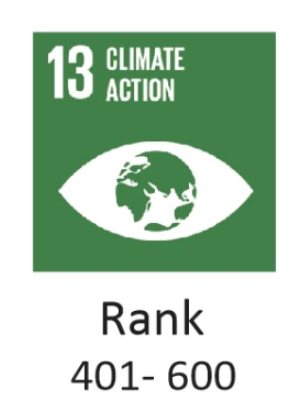

Libraries and Circulation
- King Edward Medical University, Lahore
- Nishtar Medical University, Multan
- Fatima Jinnah Medical University, Lahore
- Army Medical College, Rawalpindi
- Sahiwal Medical College, Sahiwal
- Shifa College of Medicine, Islamabad
- Wah Medical College, Wah Cantt
- CMH Medical College & Institute of Dentistry, Lahore
- Al-Nafees Medical College, Islamabad
- Rawalpindi Medical College Alumini Association of Australia & New Zealand
- Islamabad Medical & Dental College, Islamabad
- Federal Medical & Dental College, Islamabad
- Pakistan Institute of Medical Sciences, Islamabad
- University of Health Sciences, Lahore
- Pakistan Journal of Medicine and Dentistry (PJMD), Ziauddin University, Karachi
- Khyber Medical College, Peshawar
- University of Lahore, Lahore
- Islamic International Medical College, Islamabad
- Rawalpindi Medical College Alumini Association of North America
Journal of RMC
- The Journal of Rawalpindi Medical College (JRMC)
- Children Rights Journal of RMC (CrJRMC)
- RMU Journal of Health & Climate Change (JHCC)
- Journal of Nursing & Allied Health (JNAH)
- International Supplement of JRMC (IJRMC)
- Students' Supplement of JRMC (SJRMC)
- Residents' Supplement of JRMC (RJRMC)
- Covid-19 Special Supplement of JRMC
Our Guidelines
Copyright © 2025 Rawalpindi Medical University. All rights are reserved. | The content of this site is intended for health care professionals
